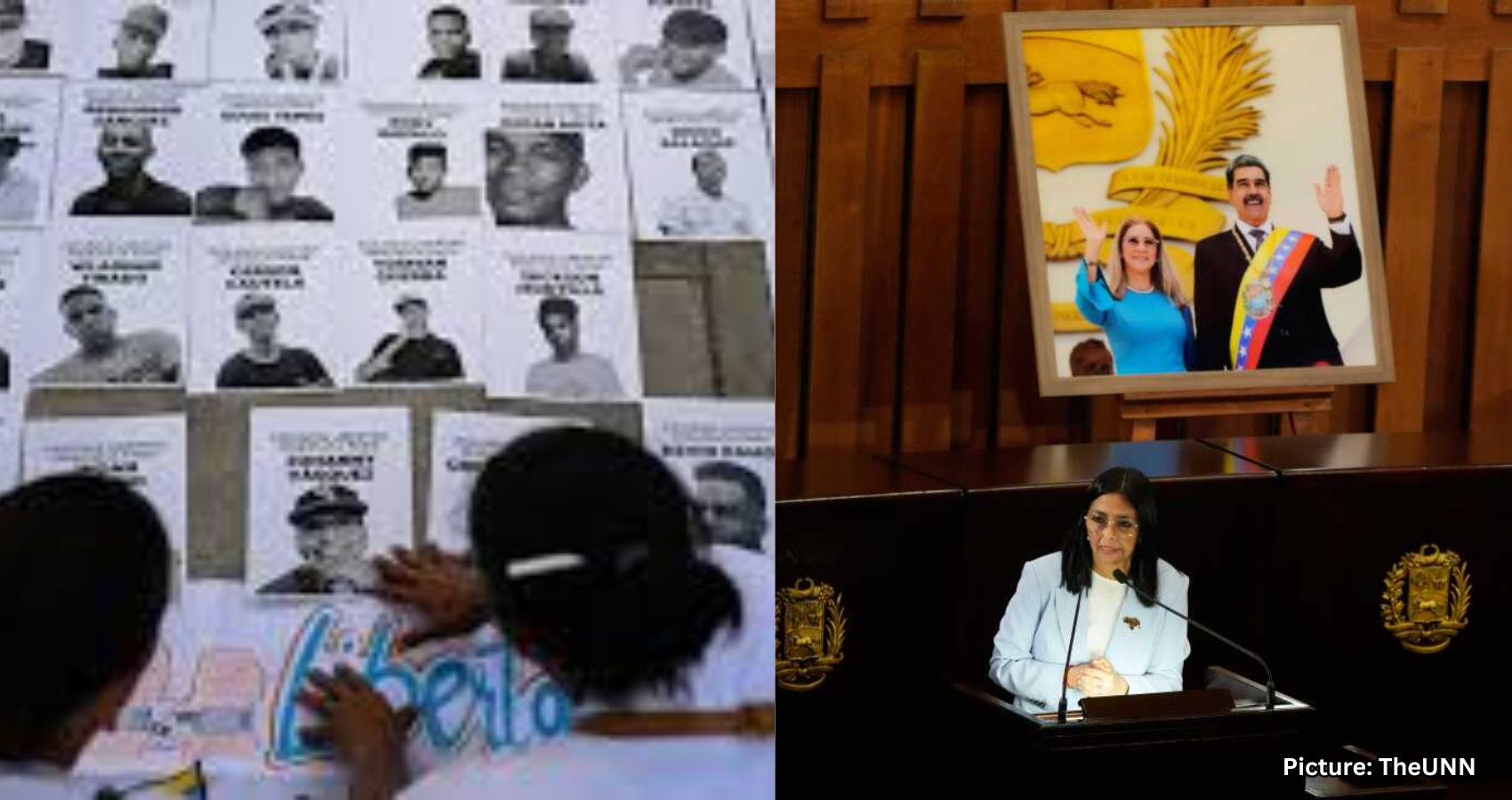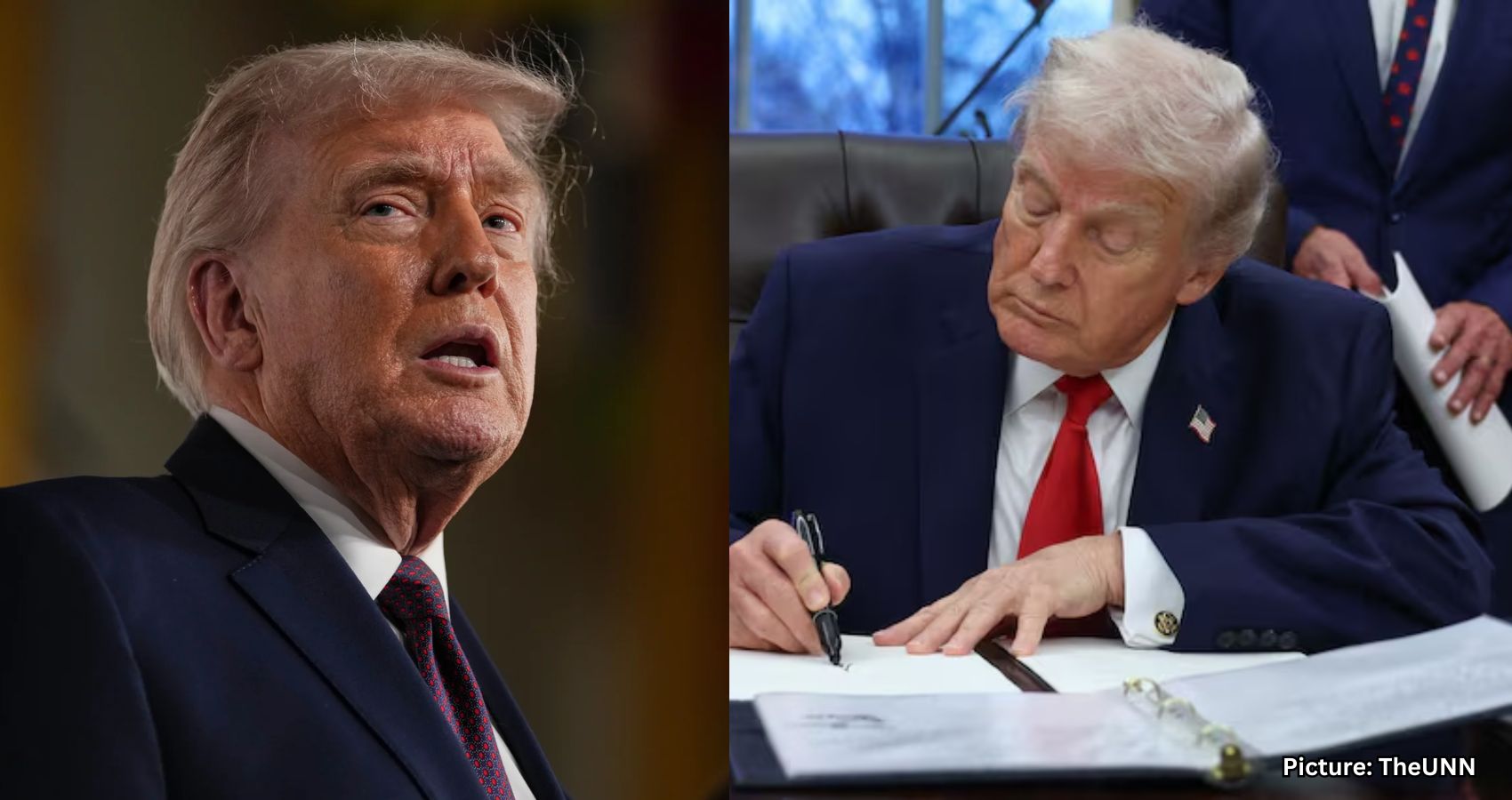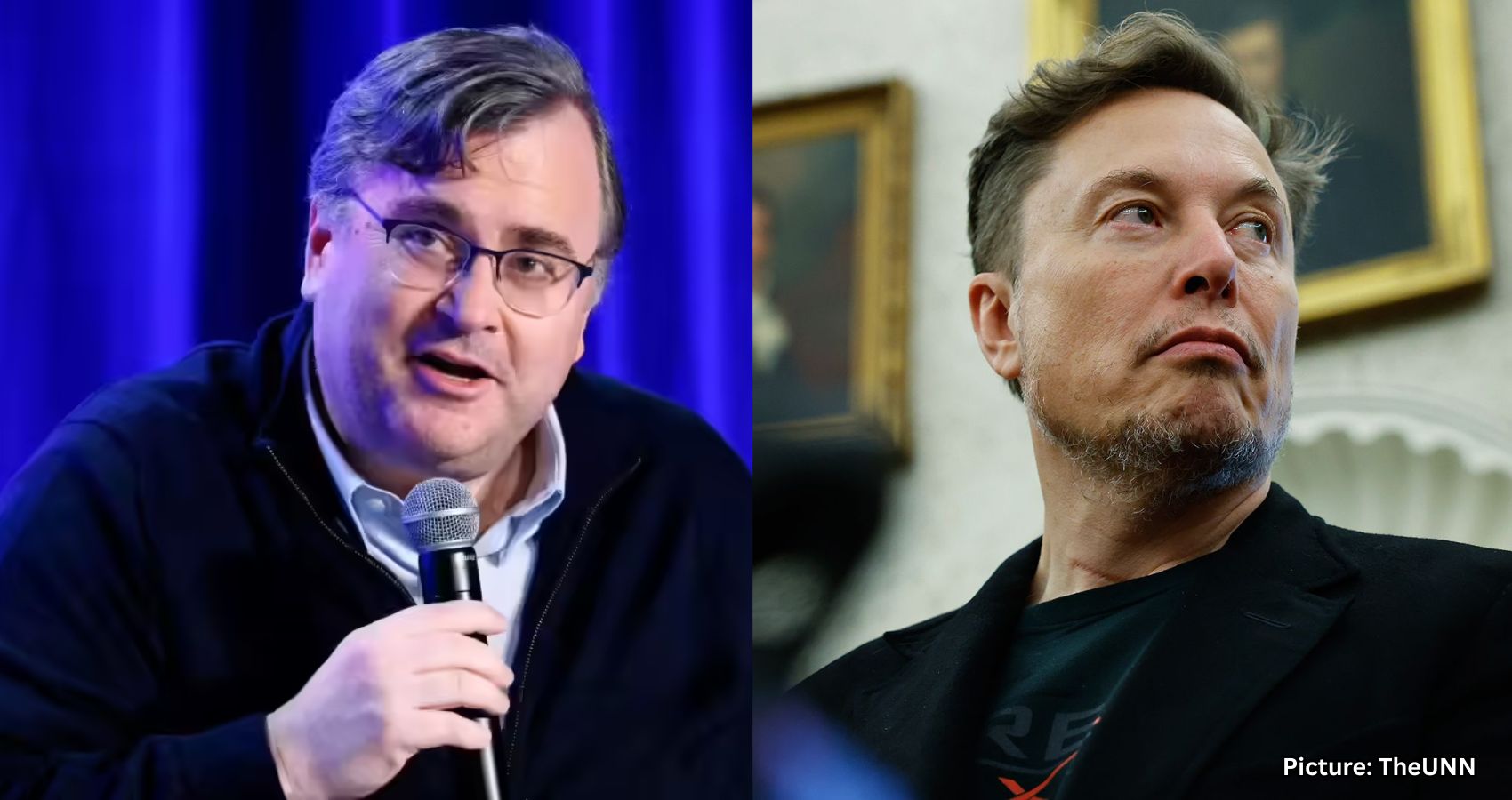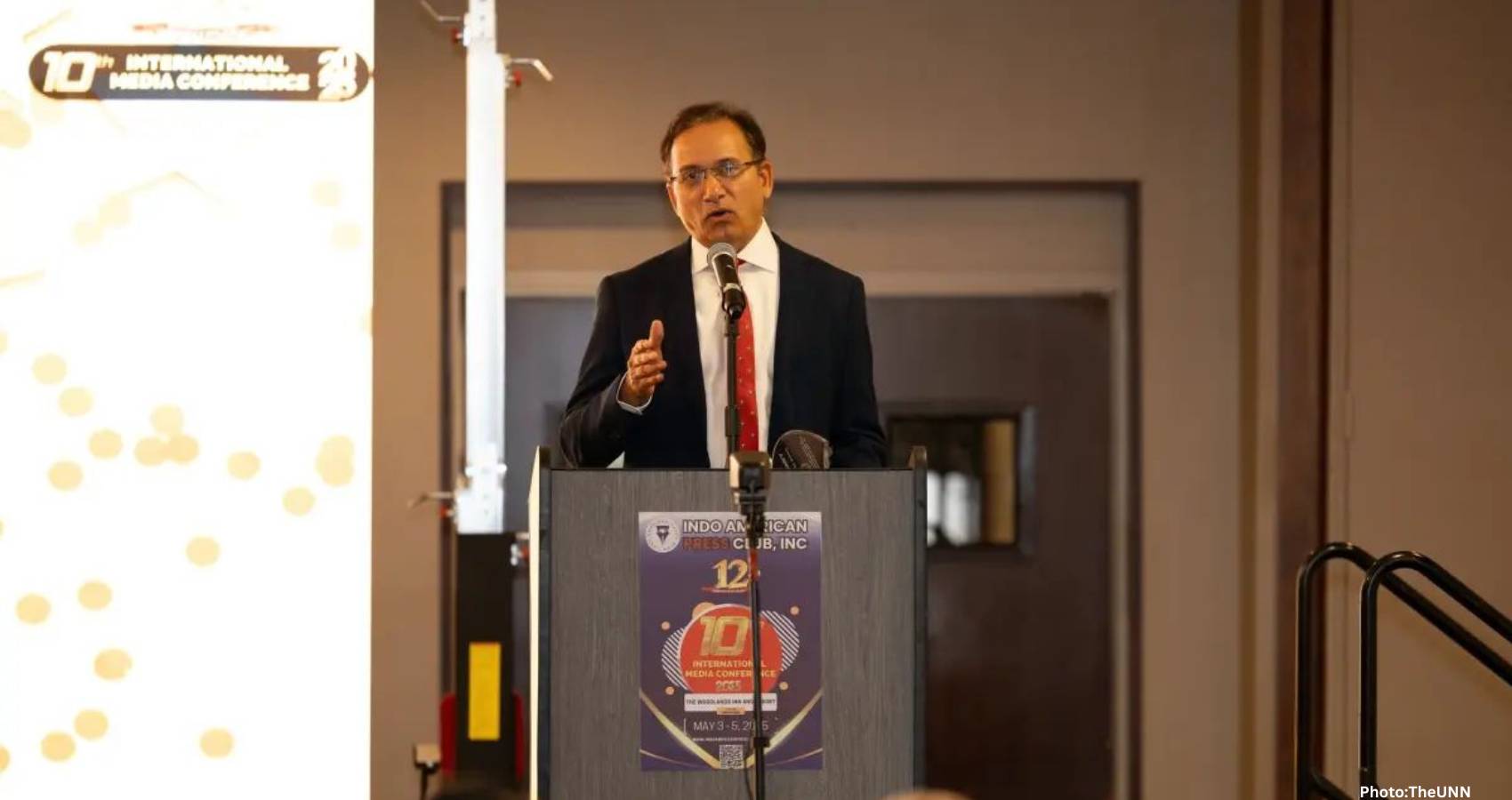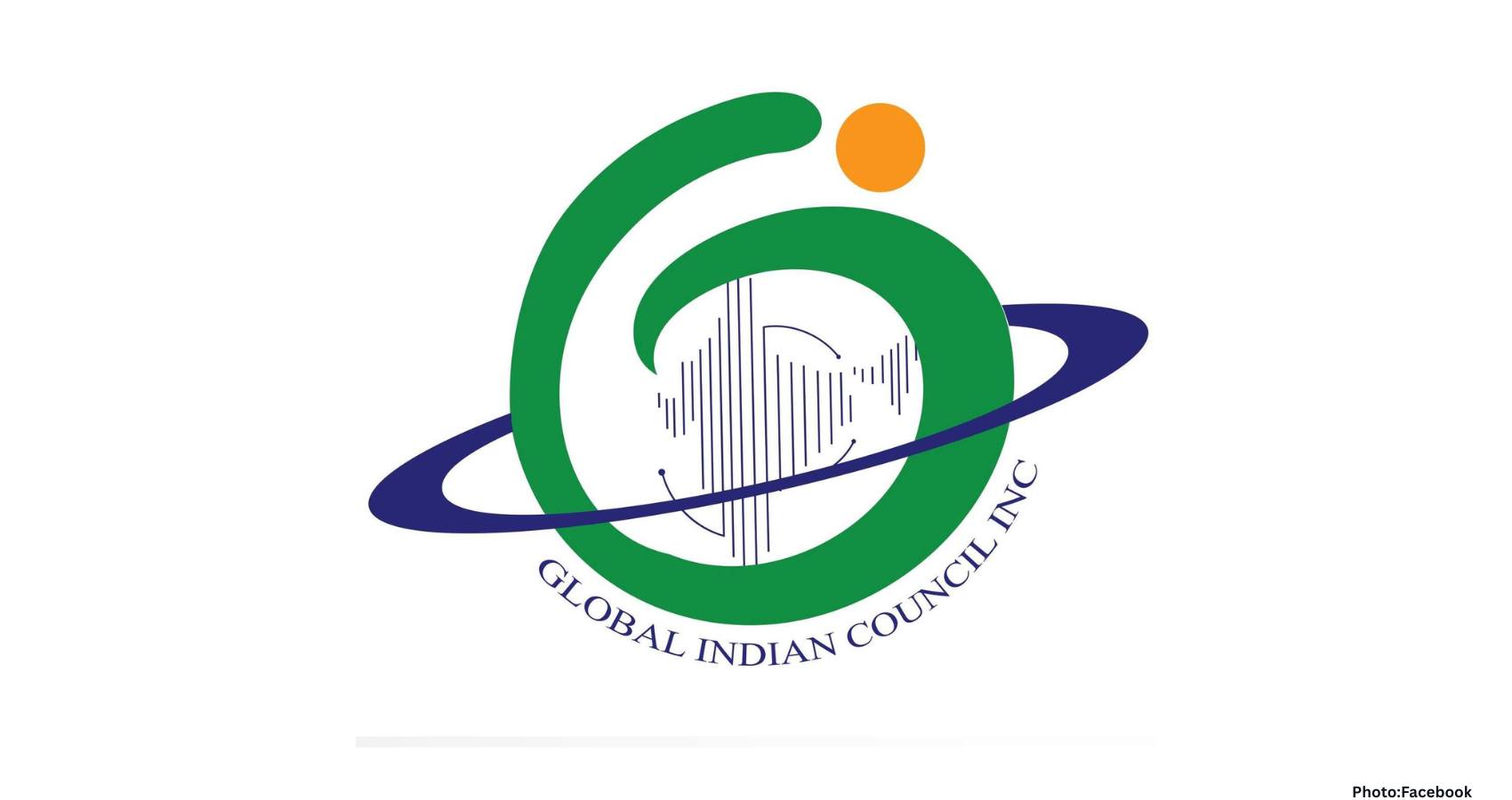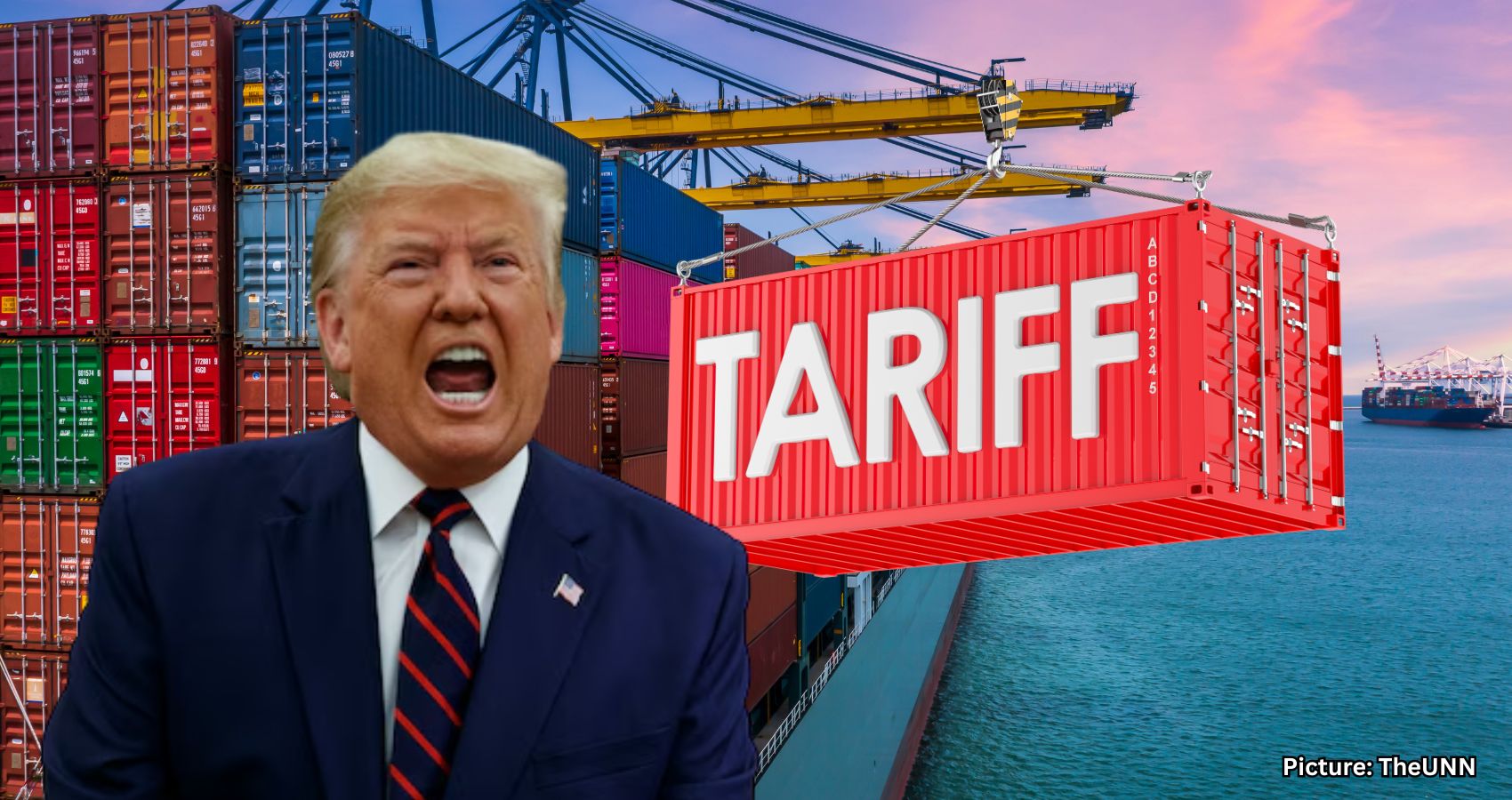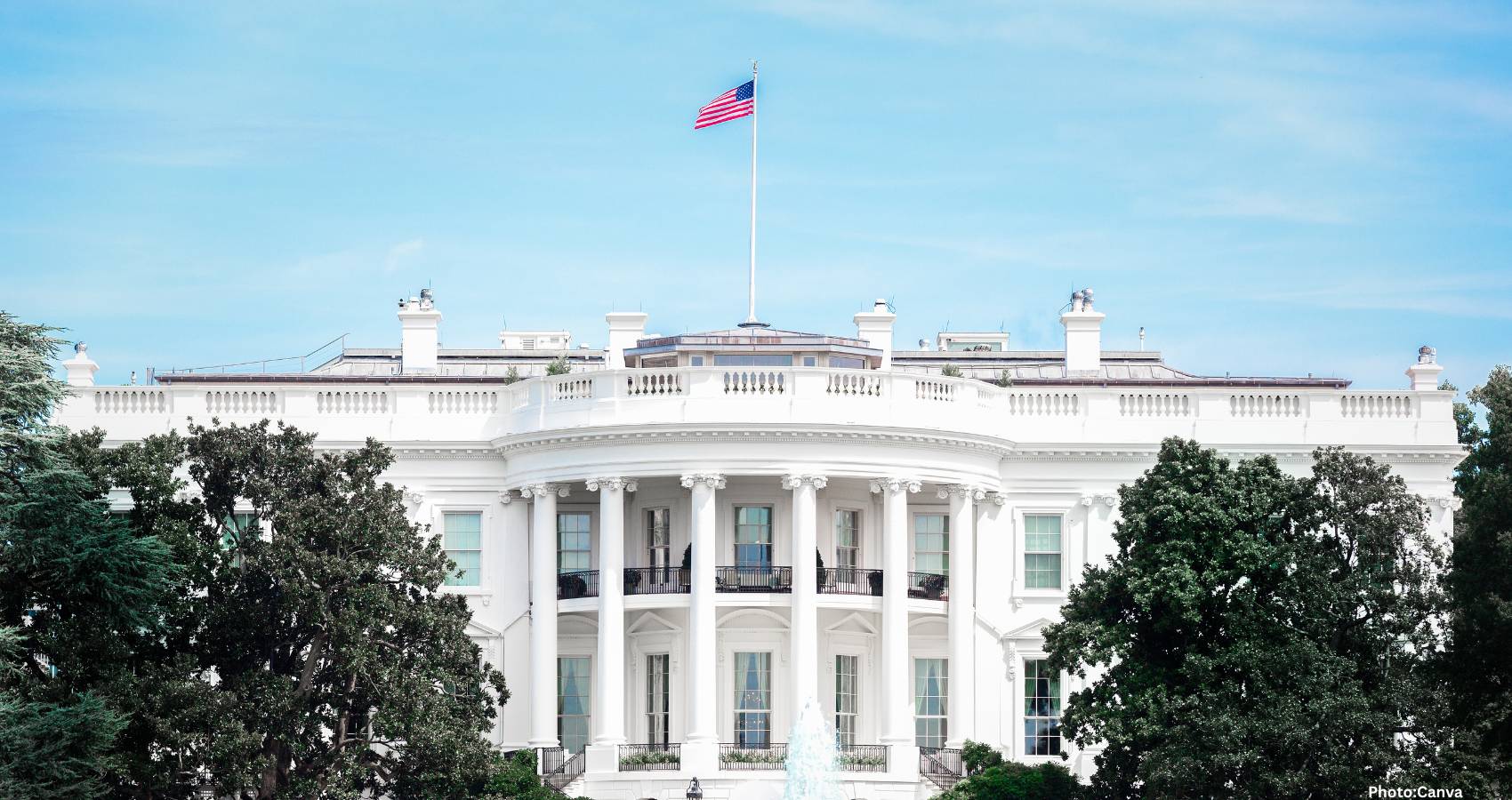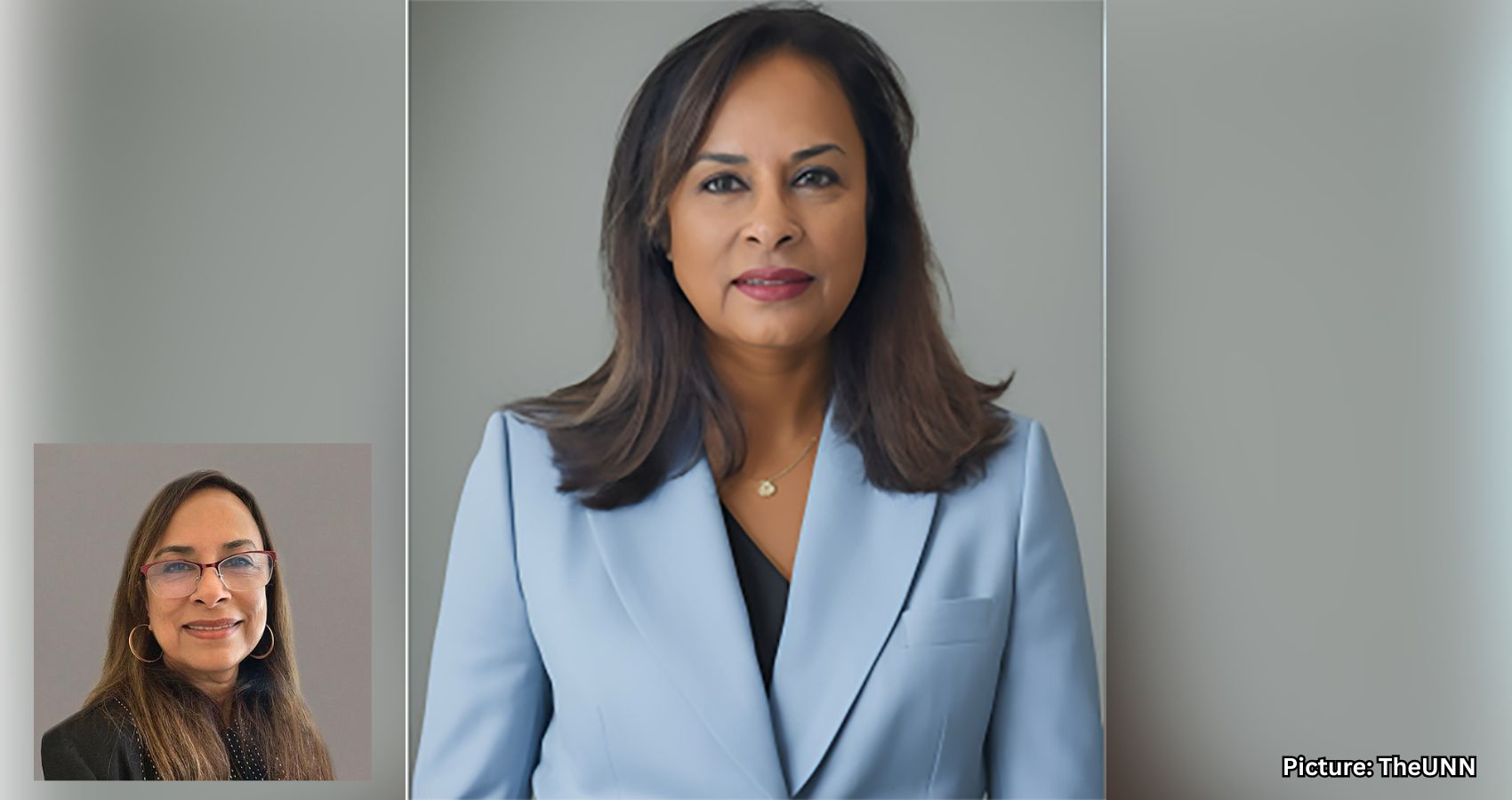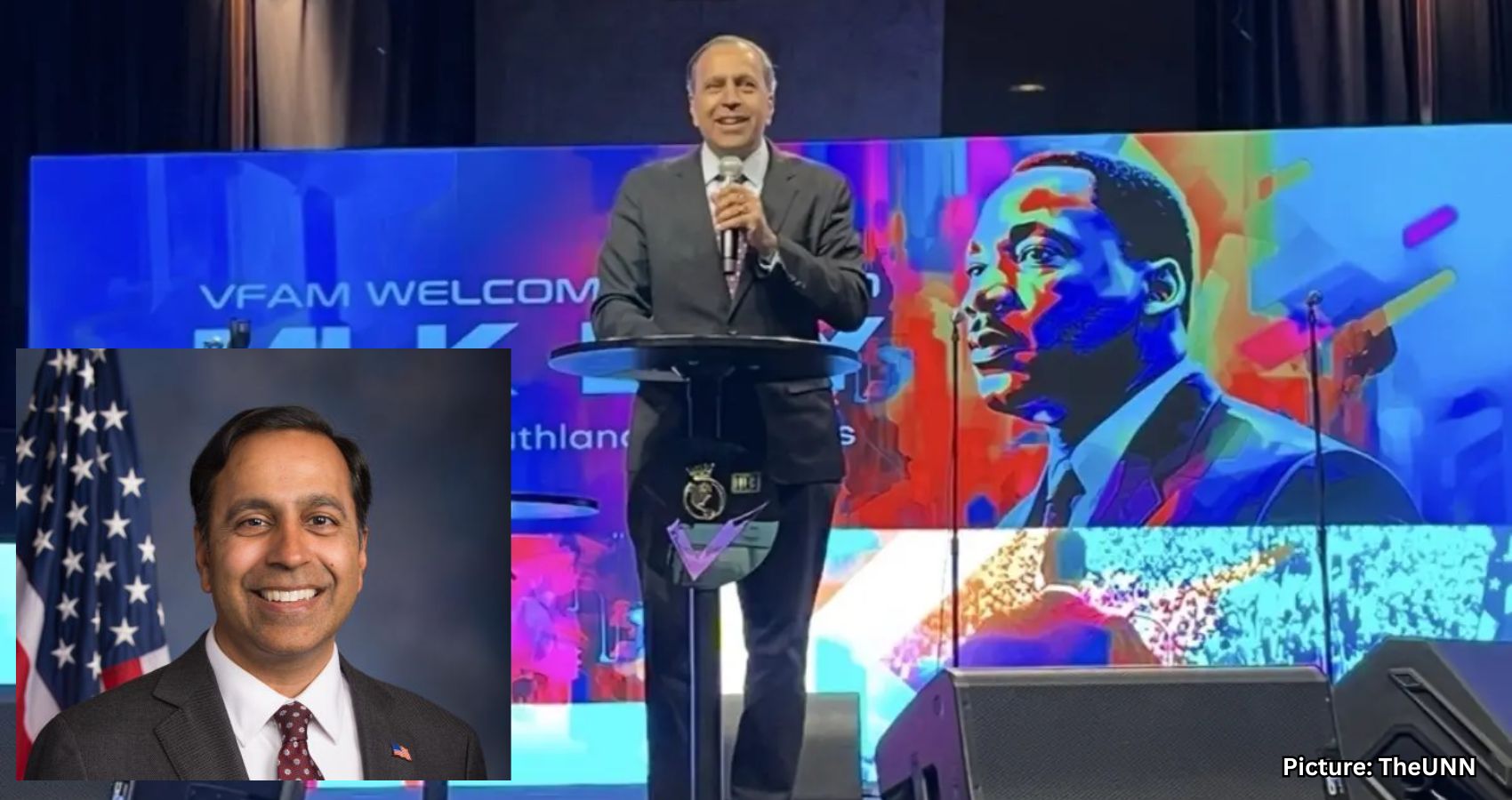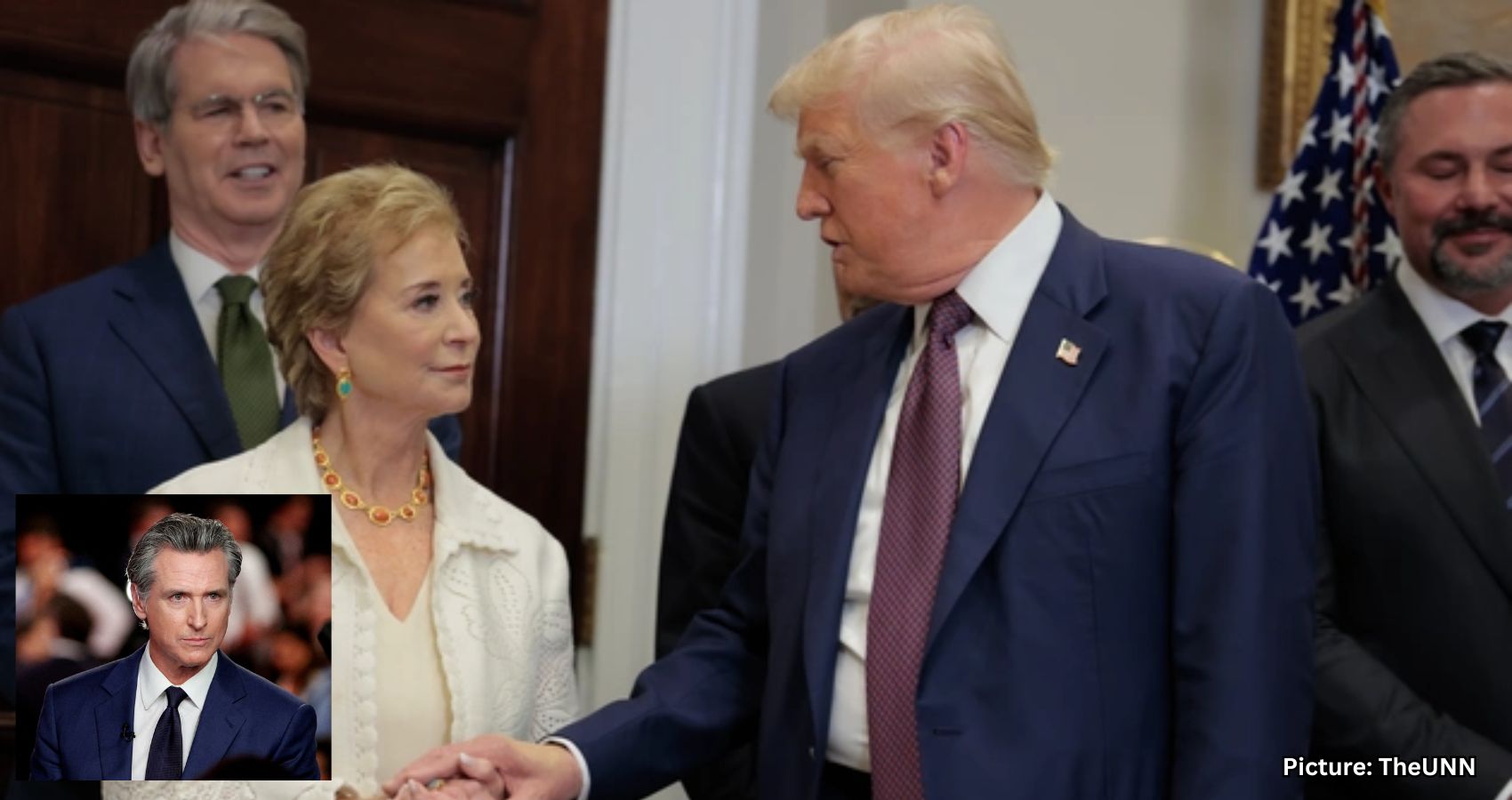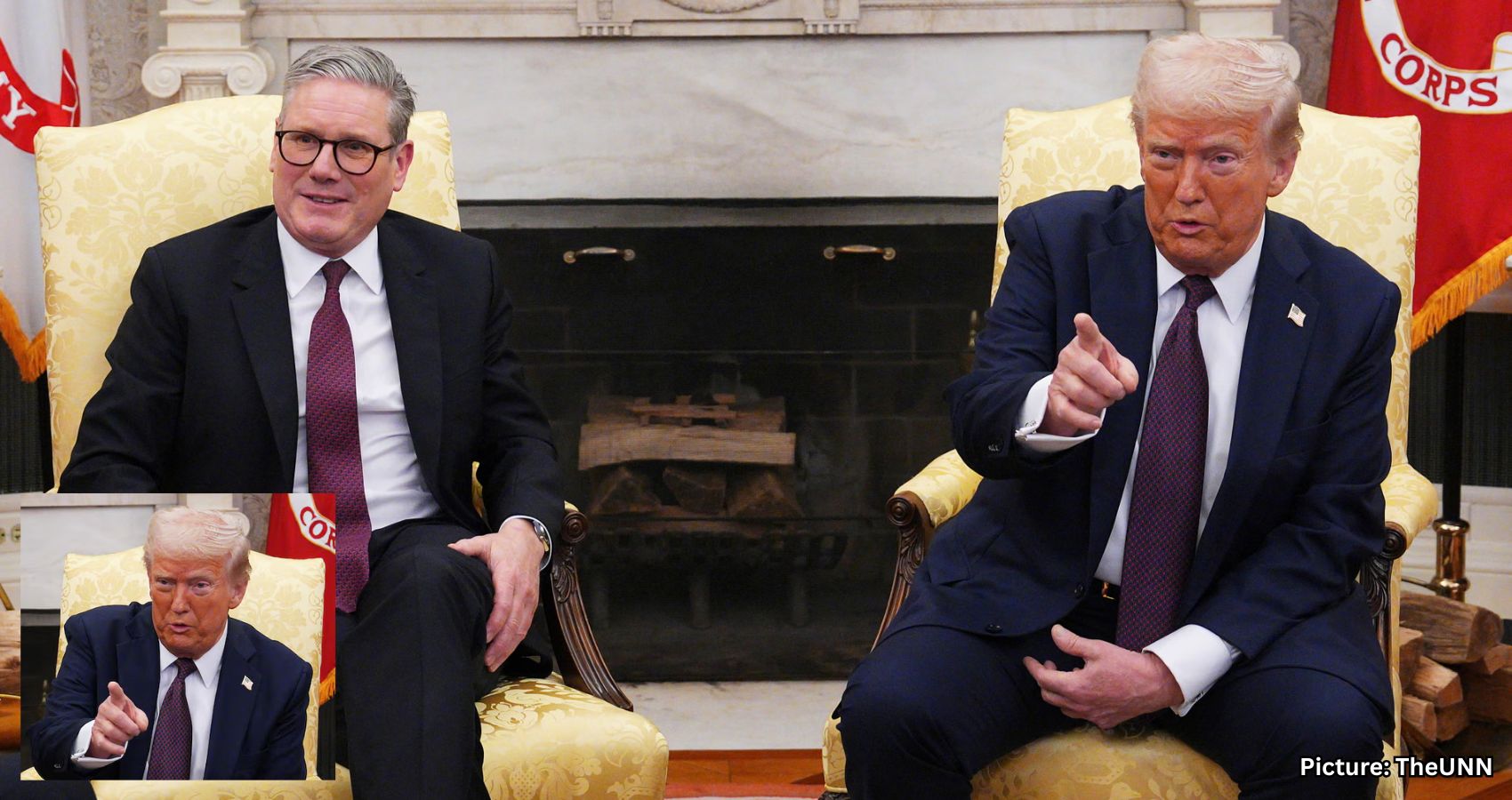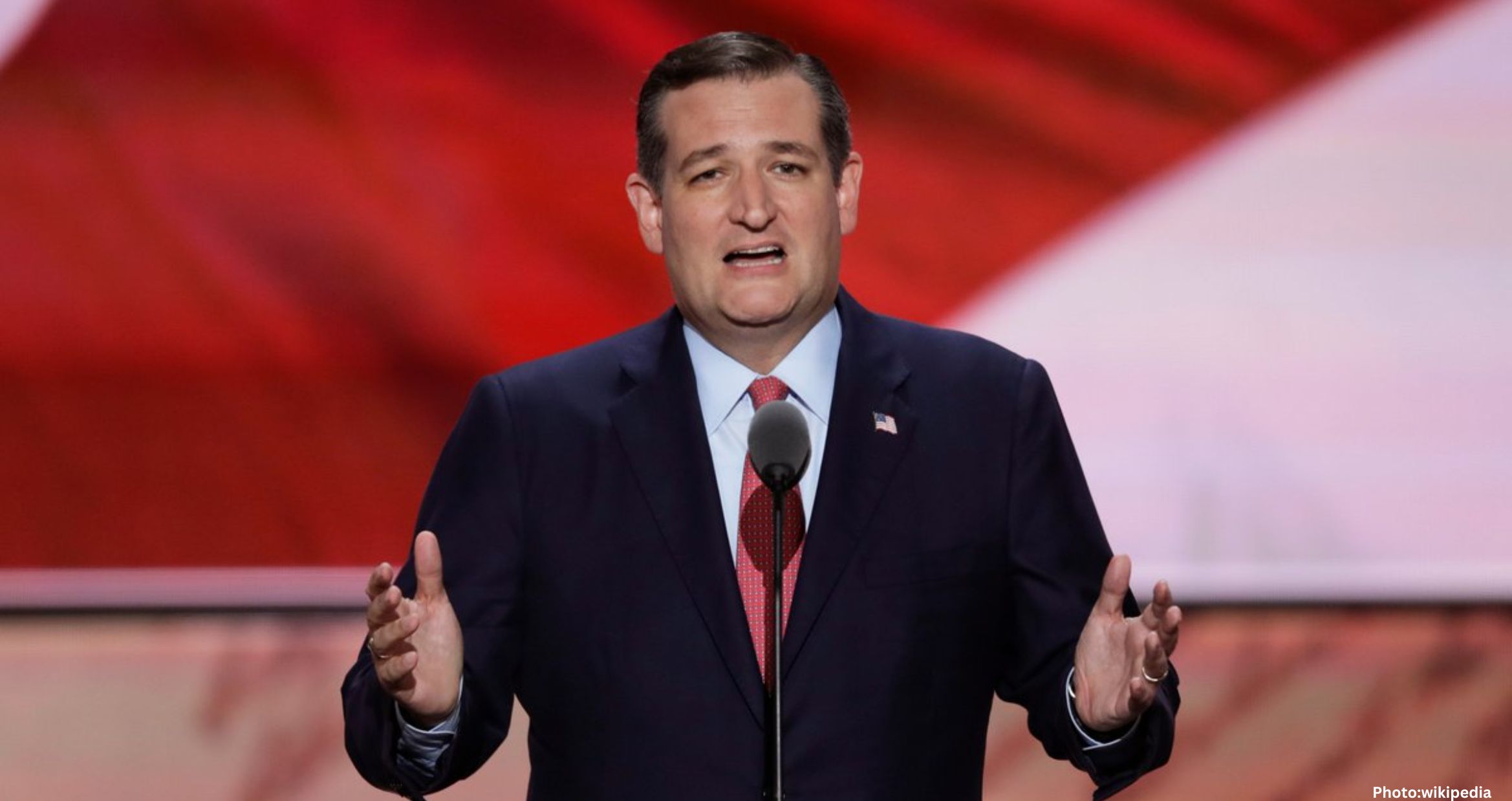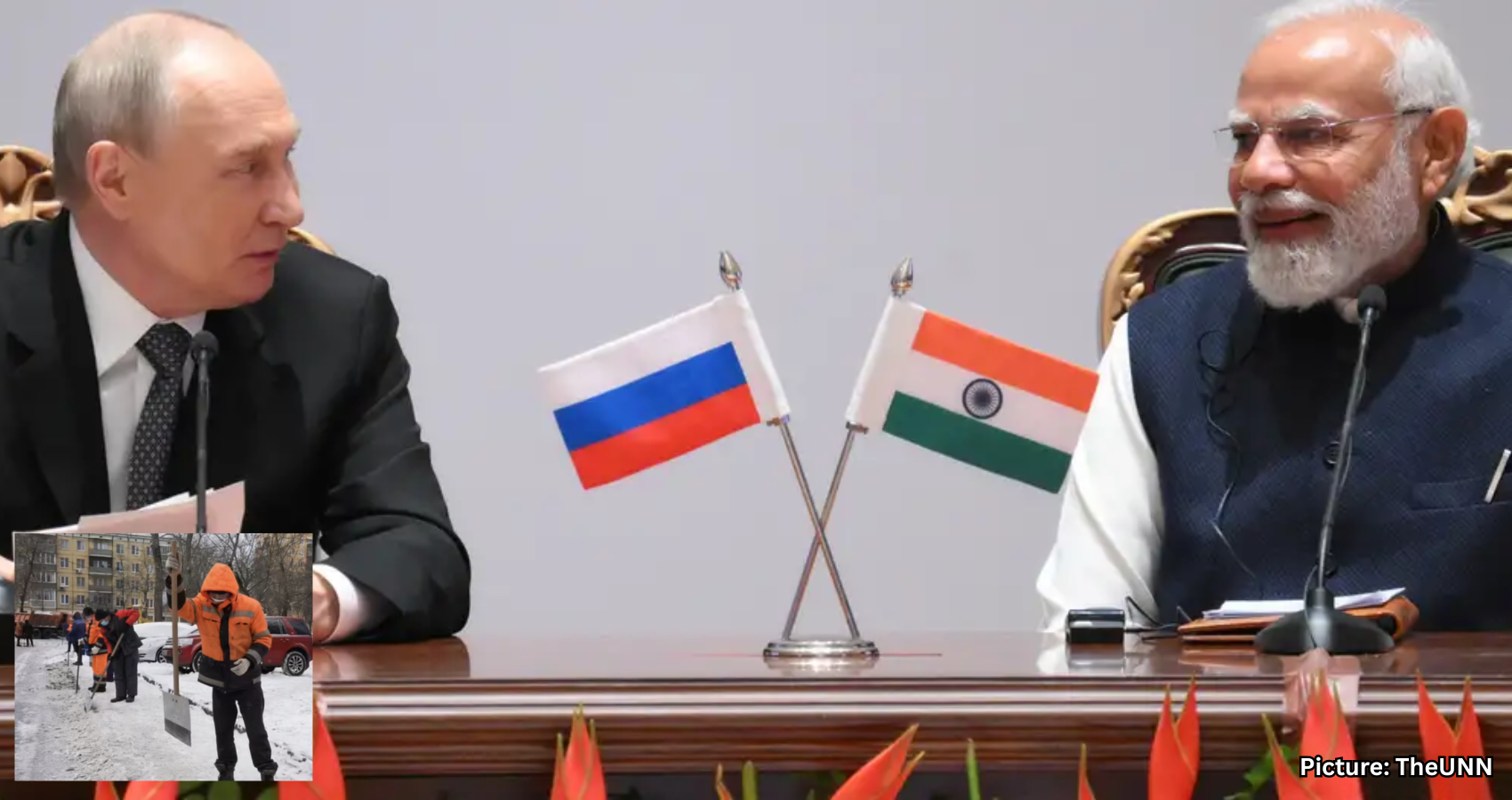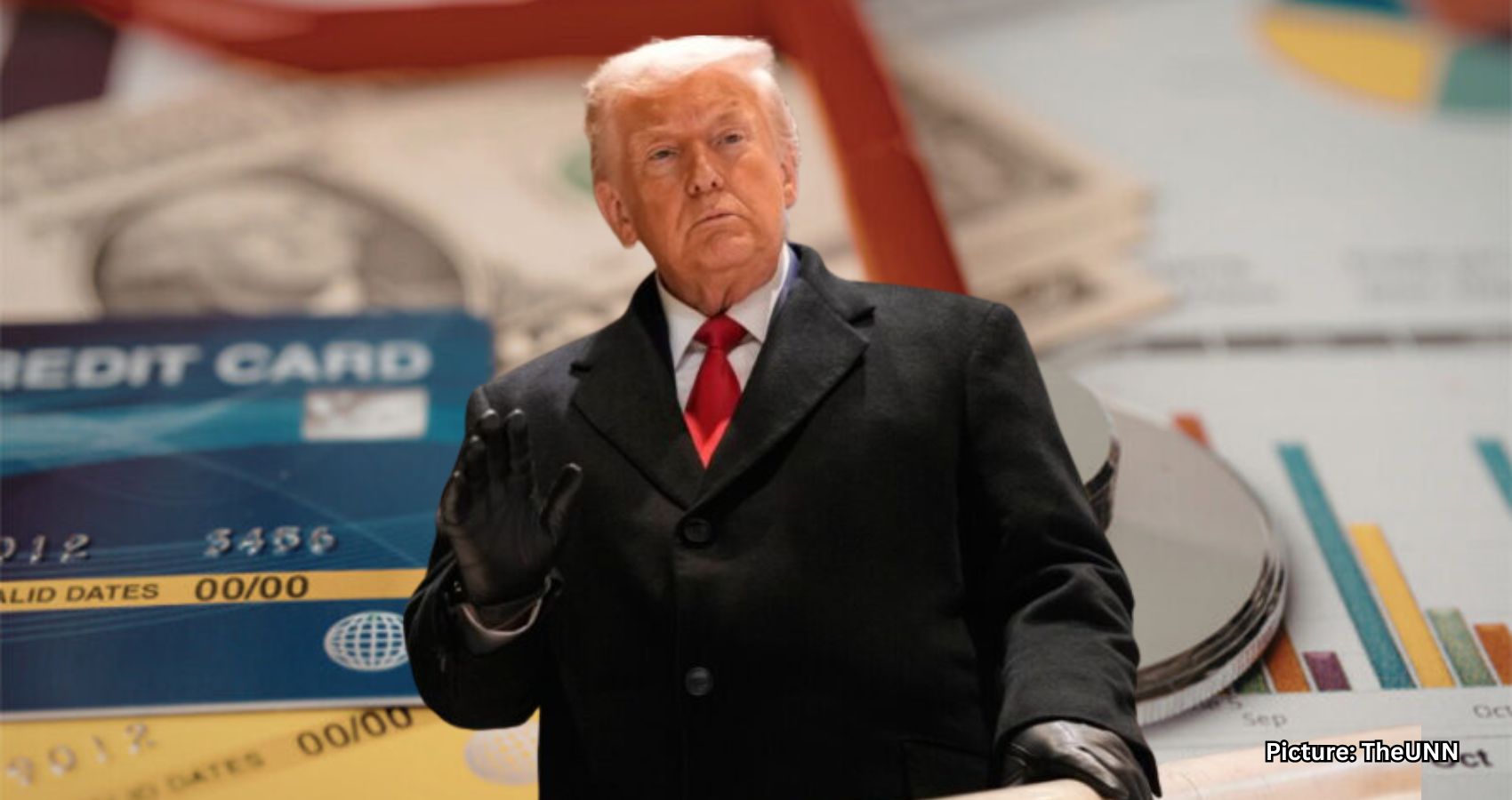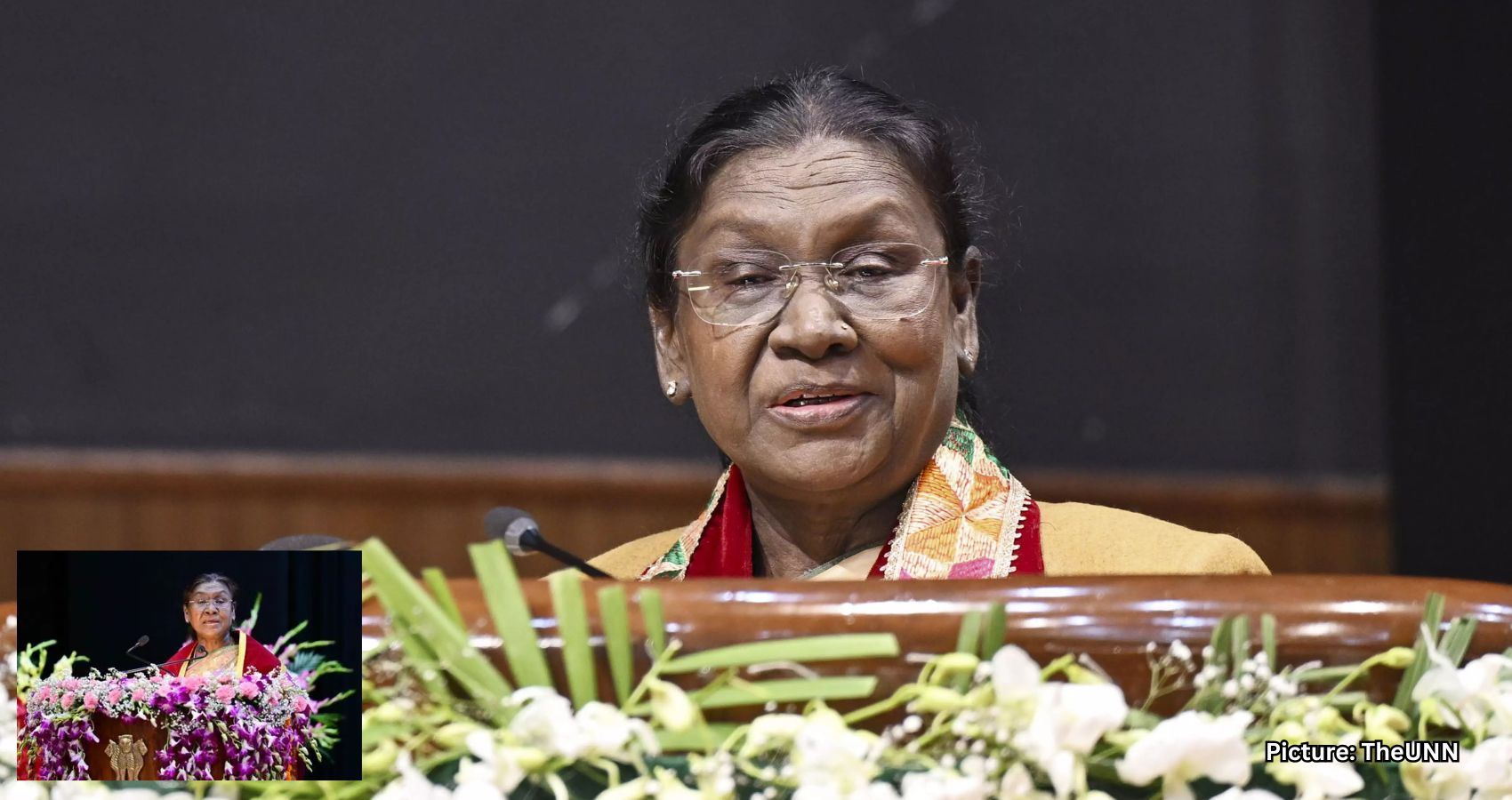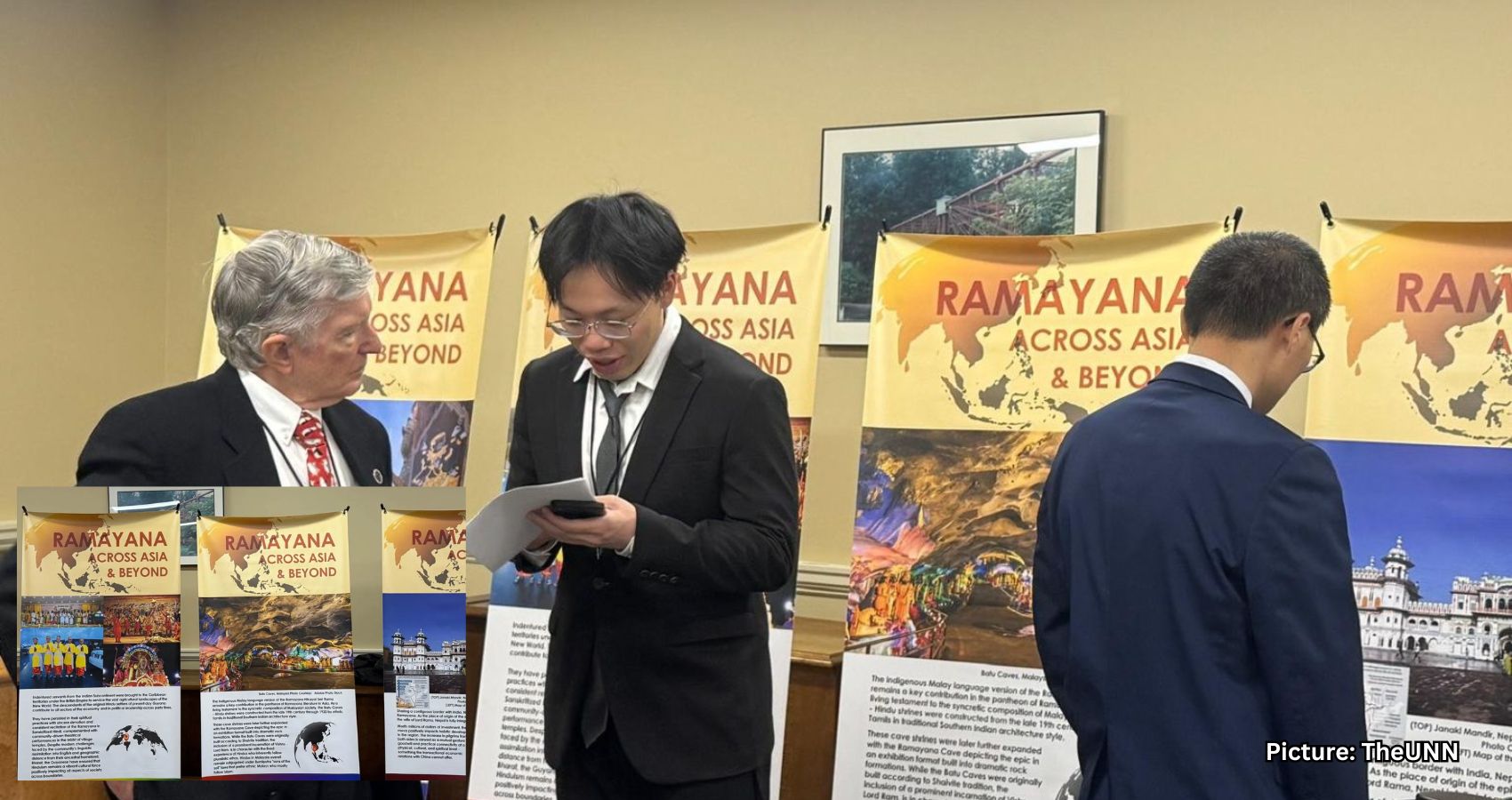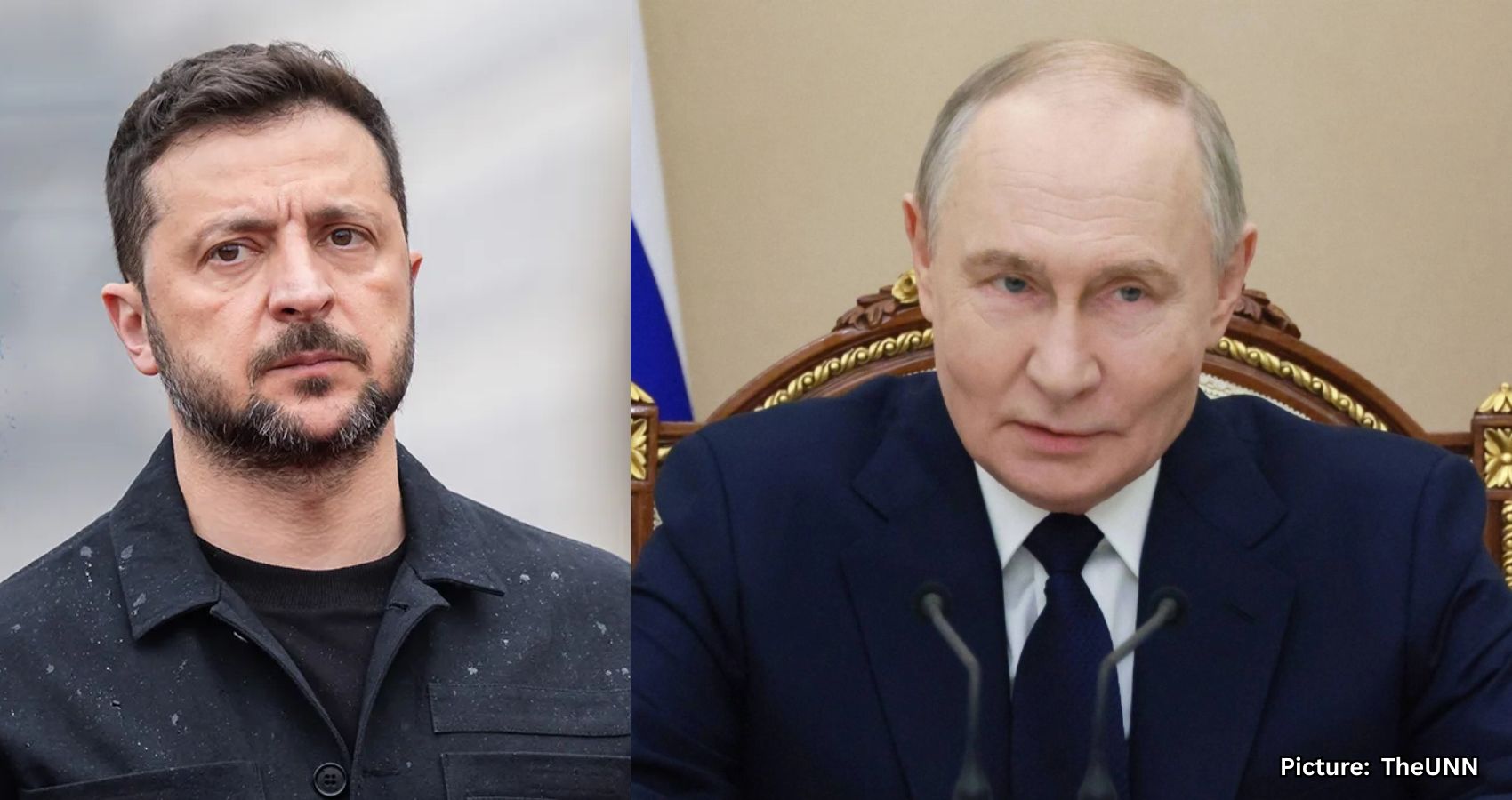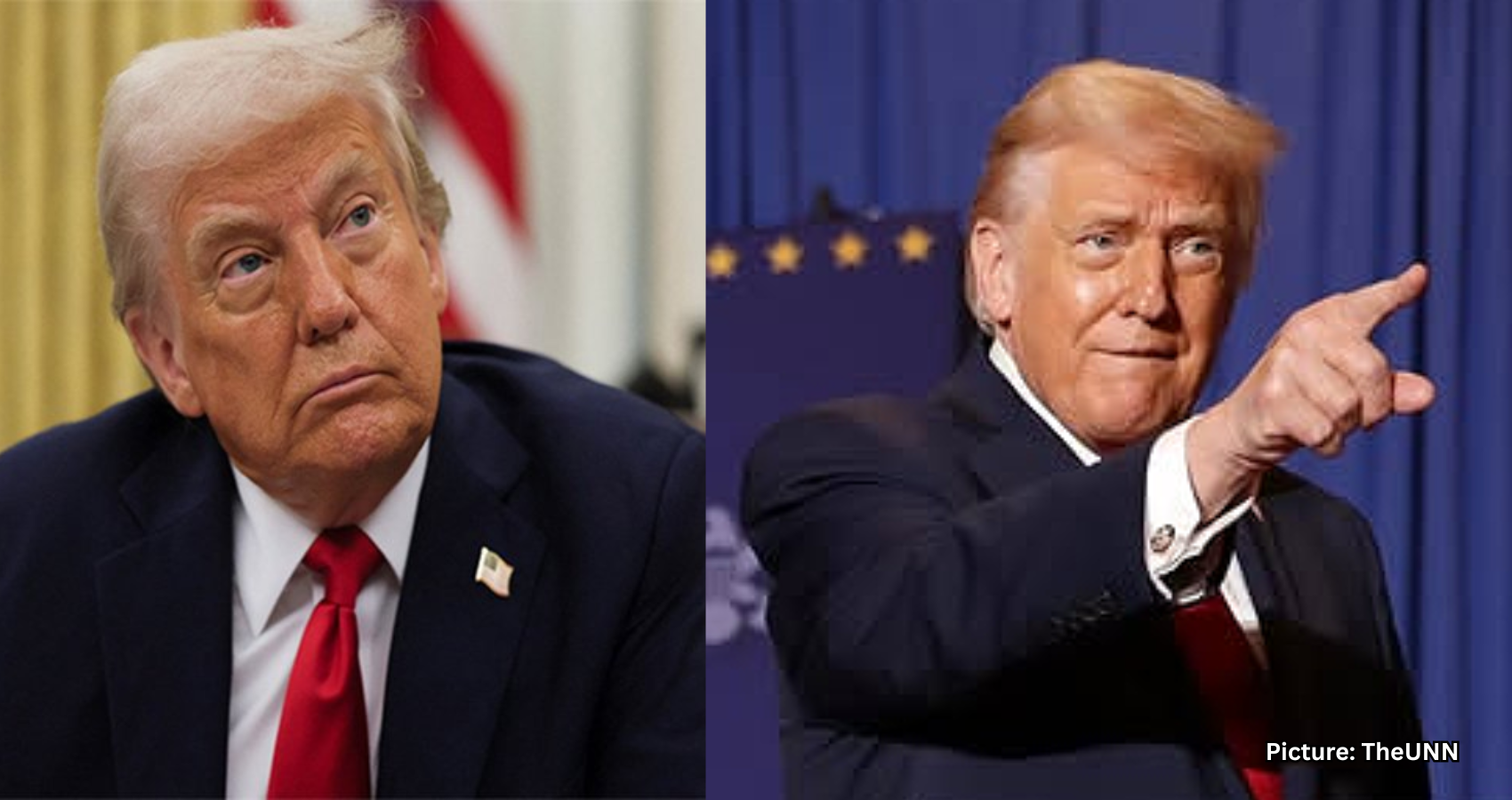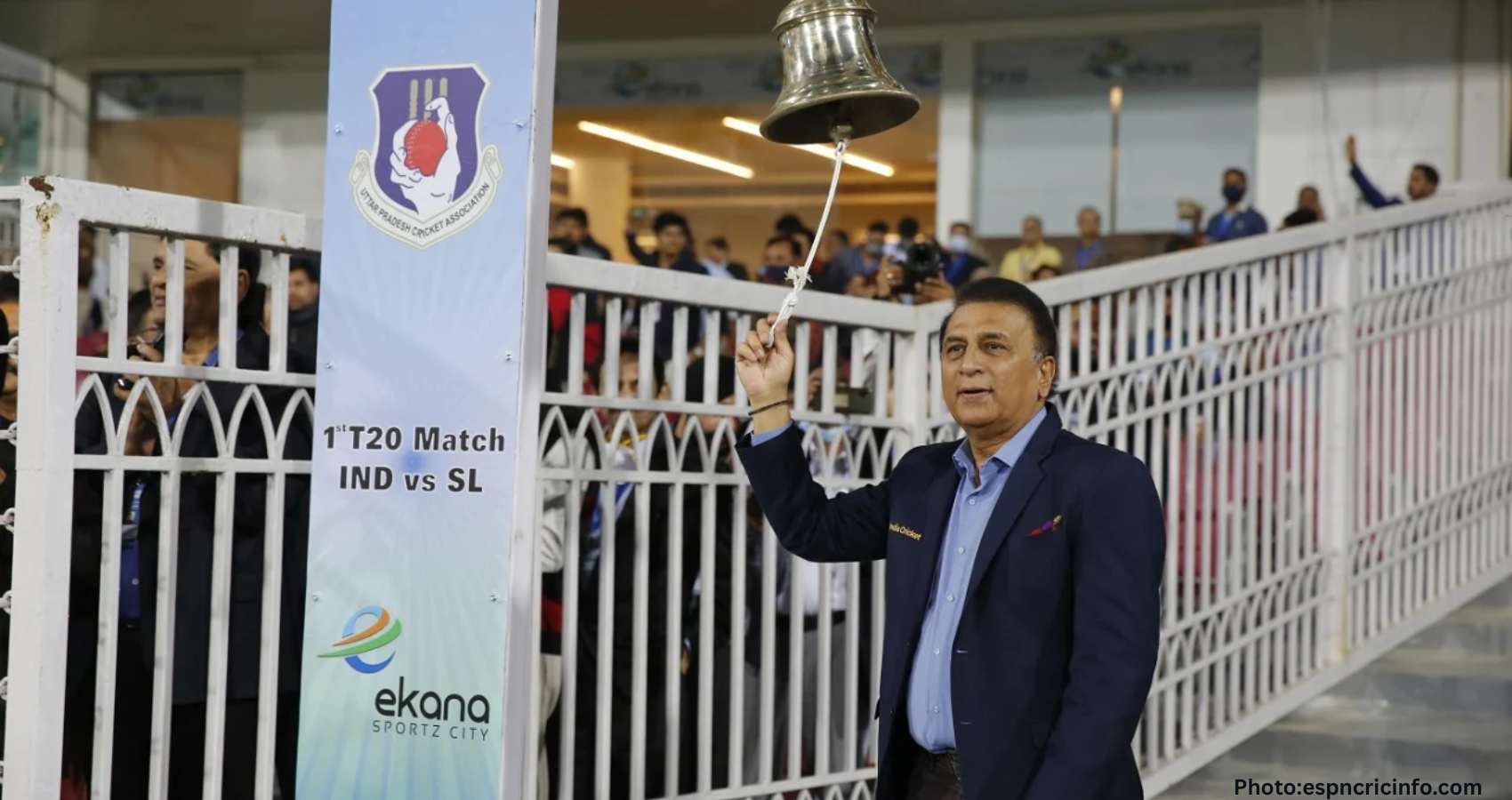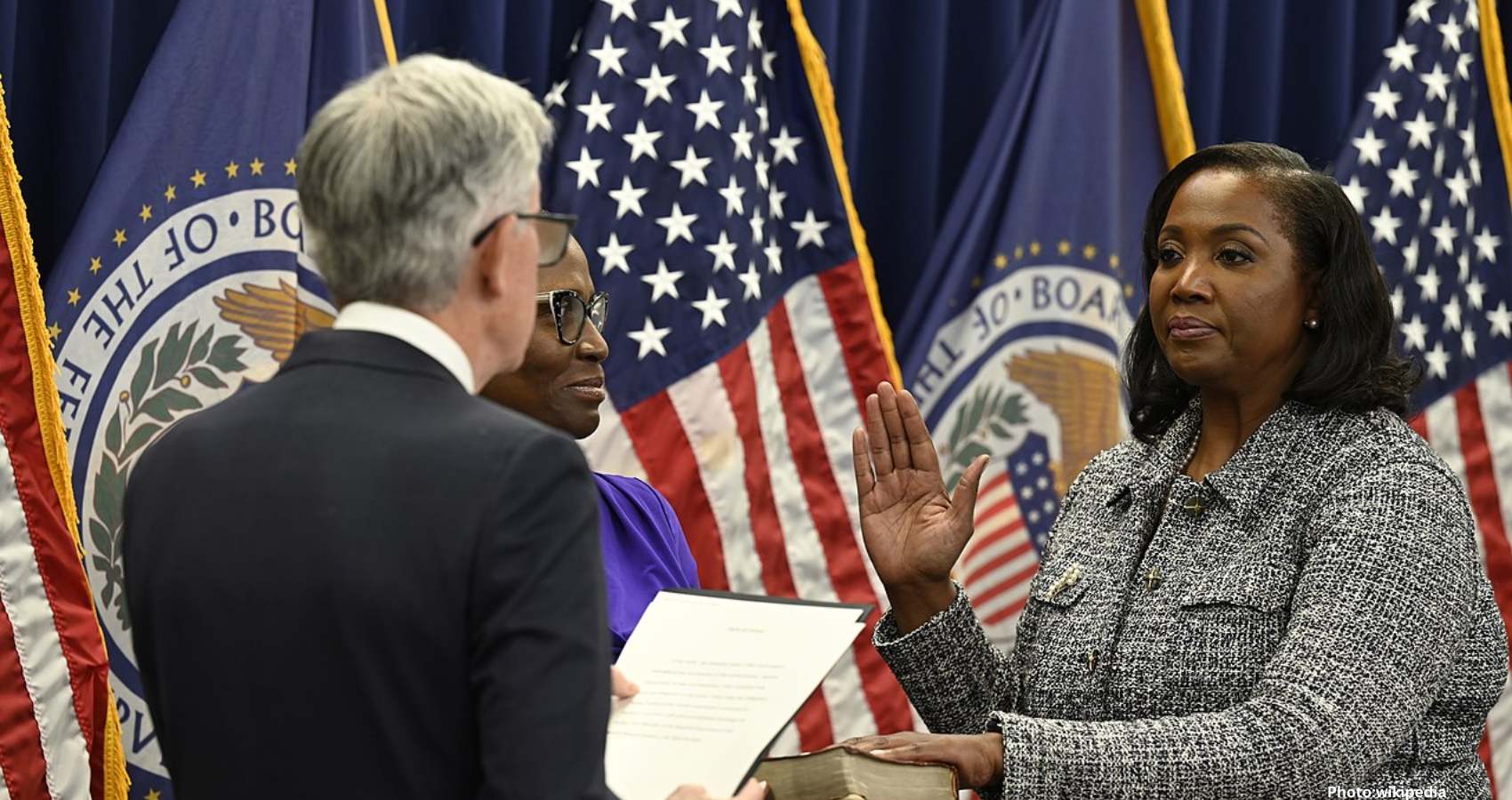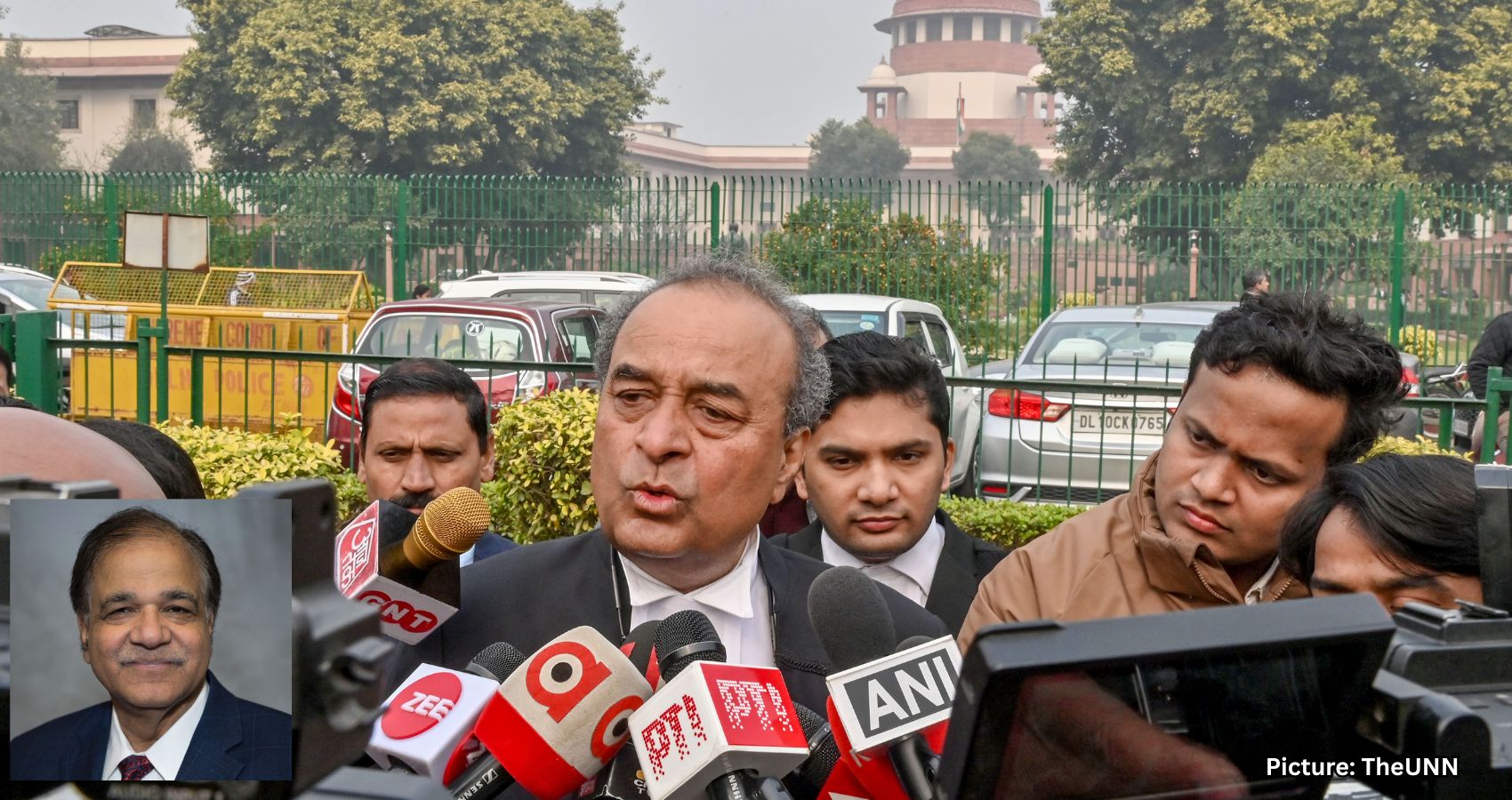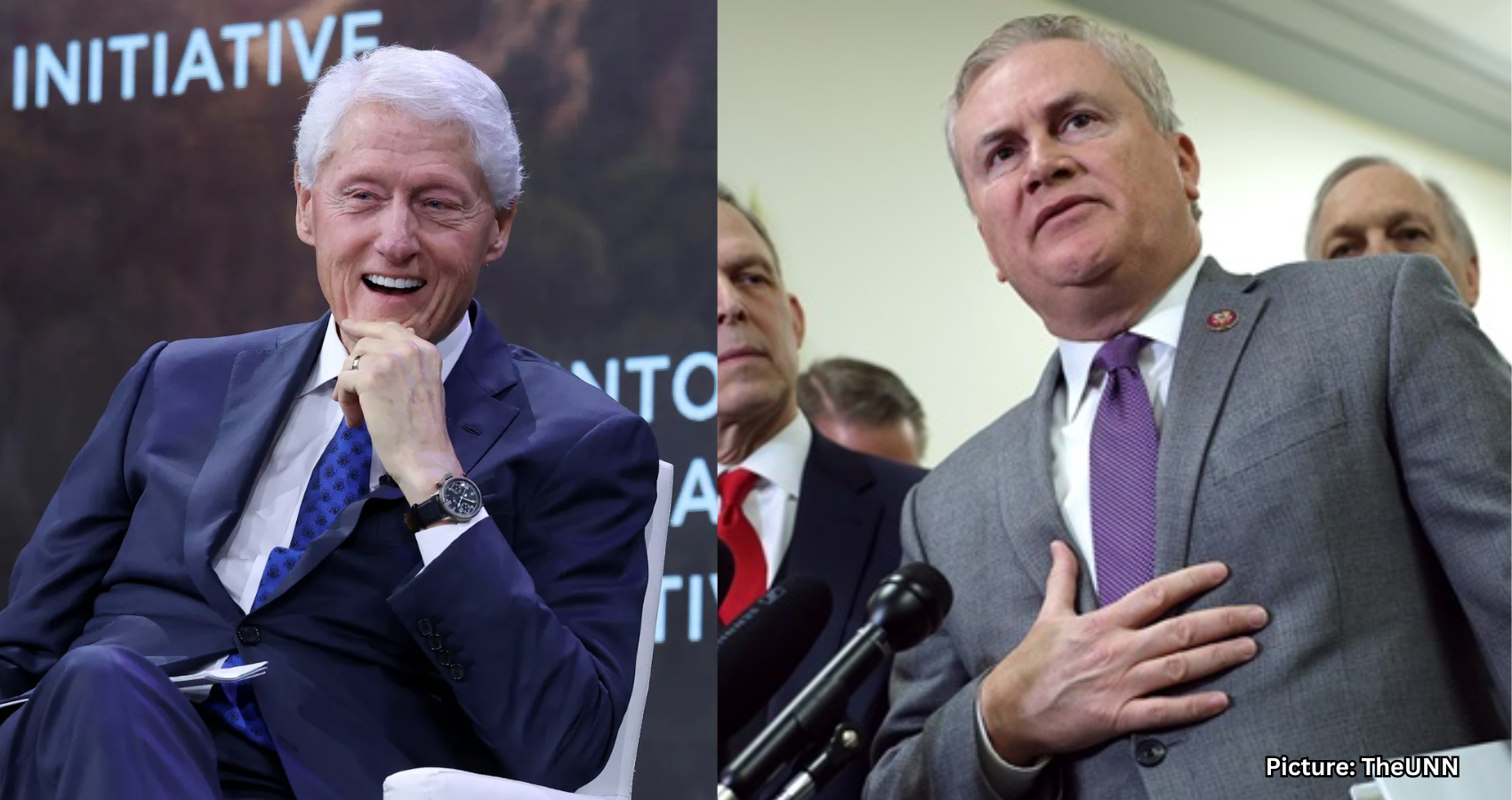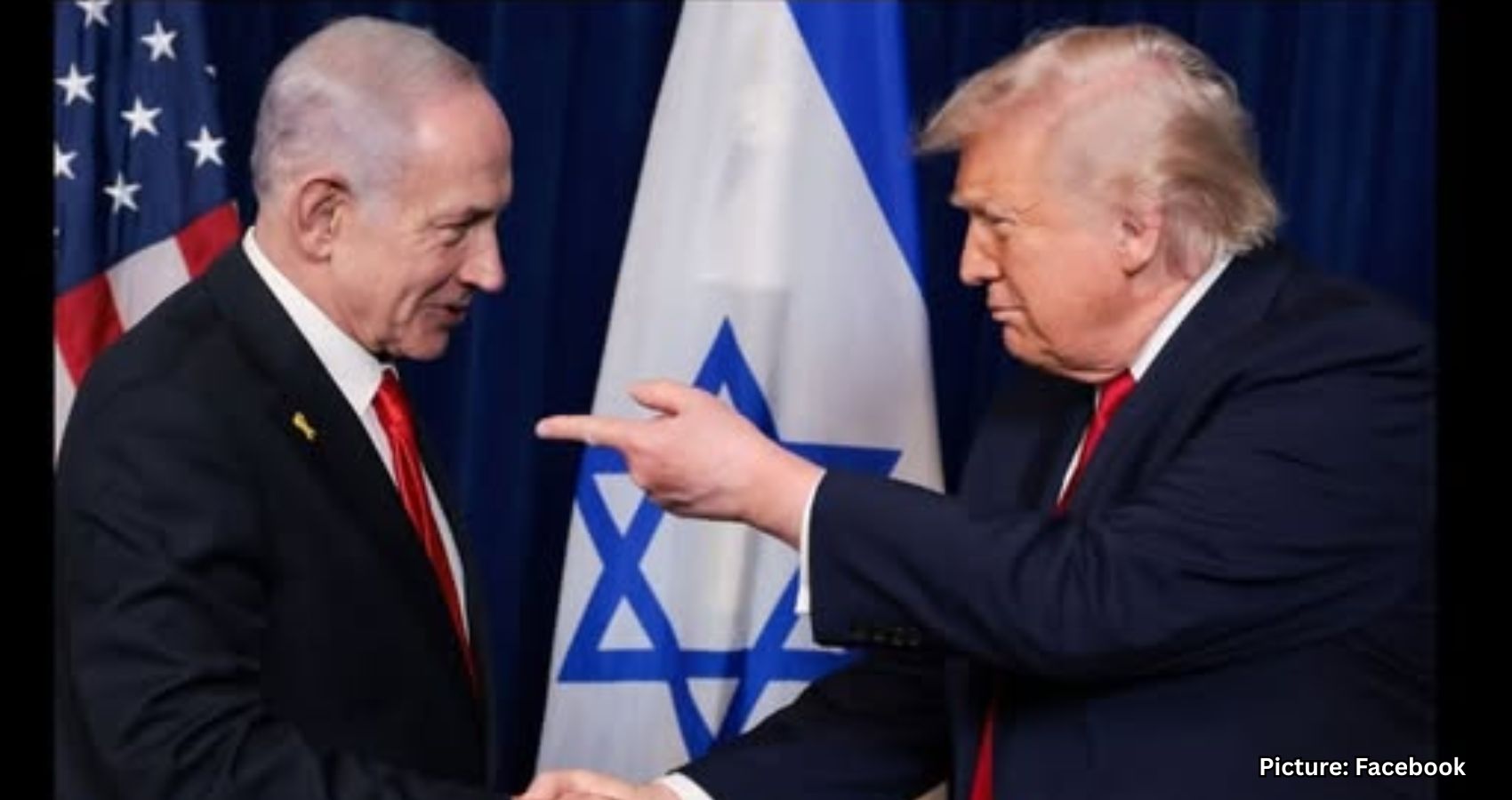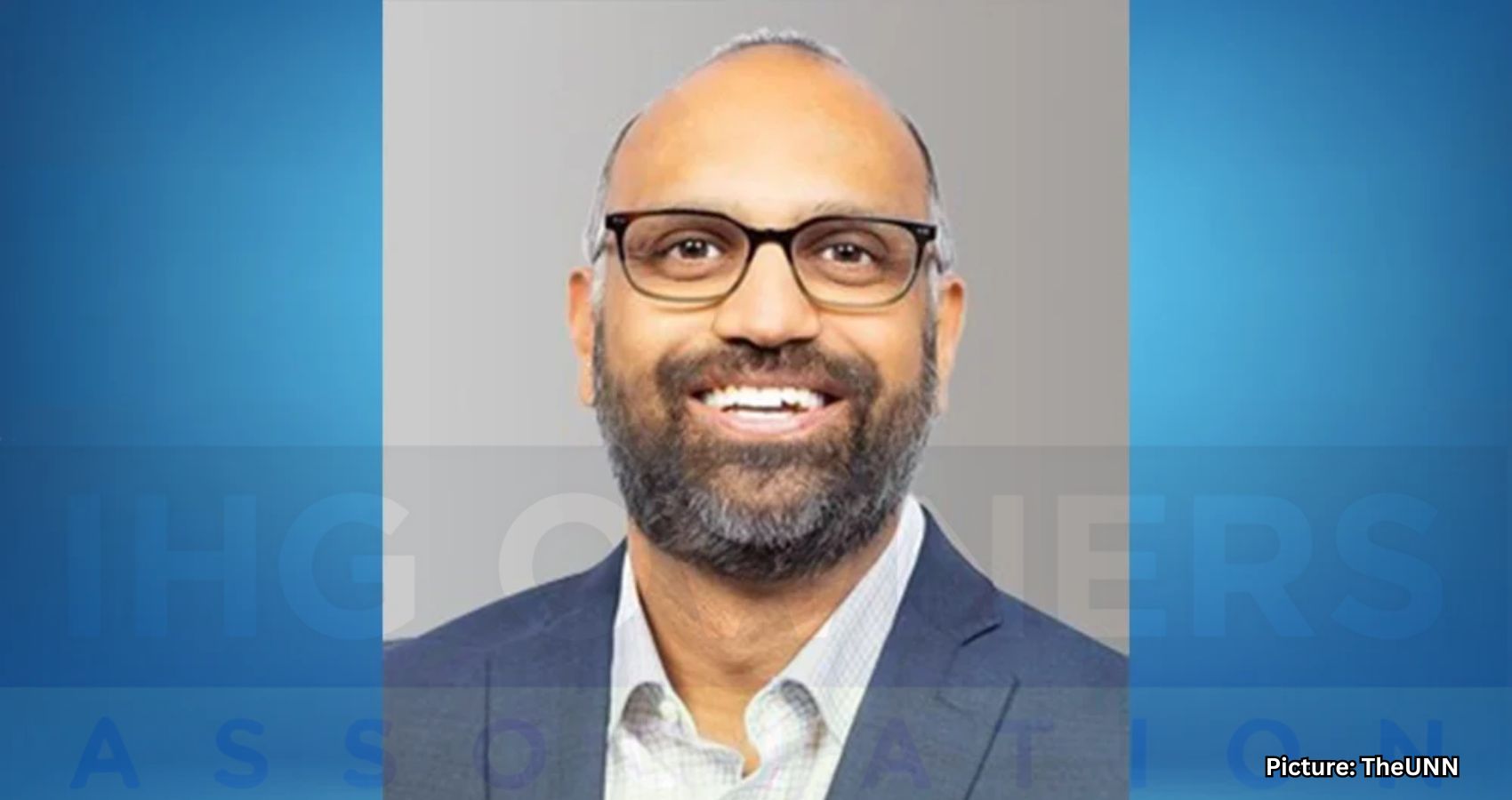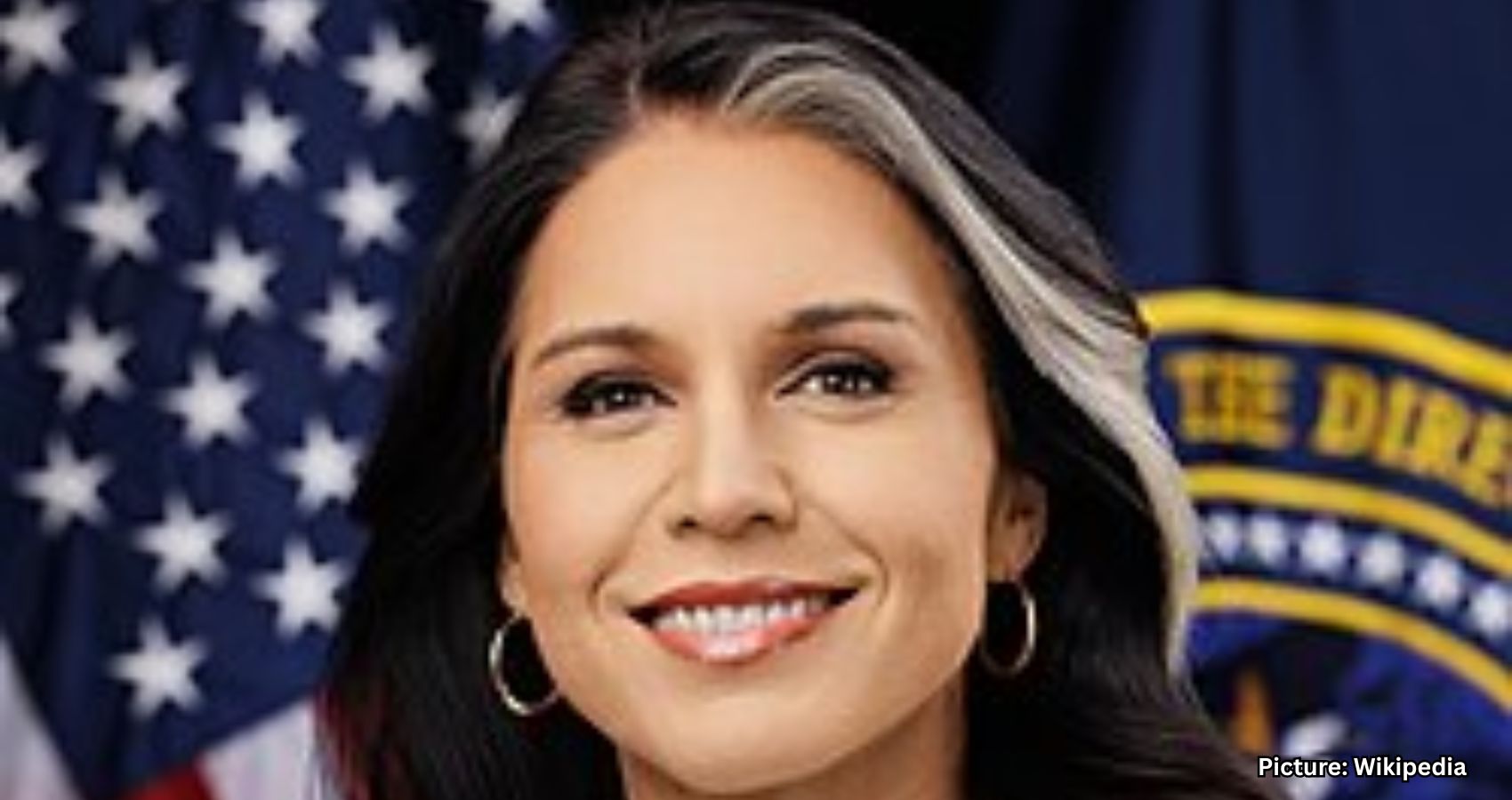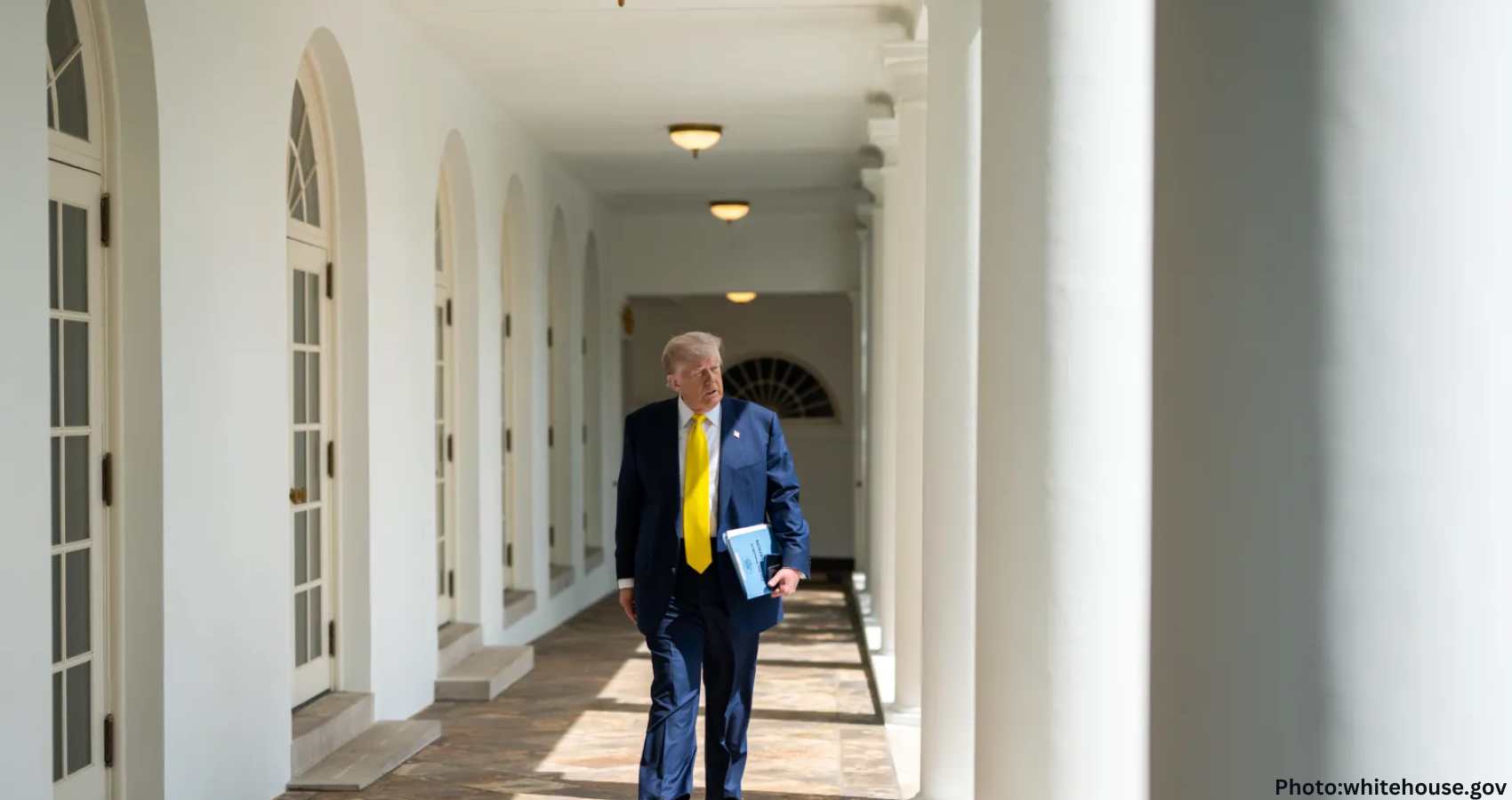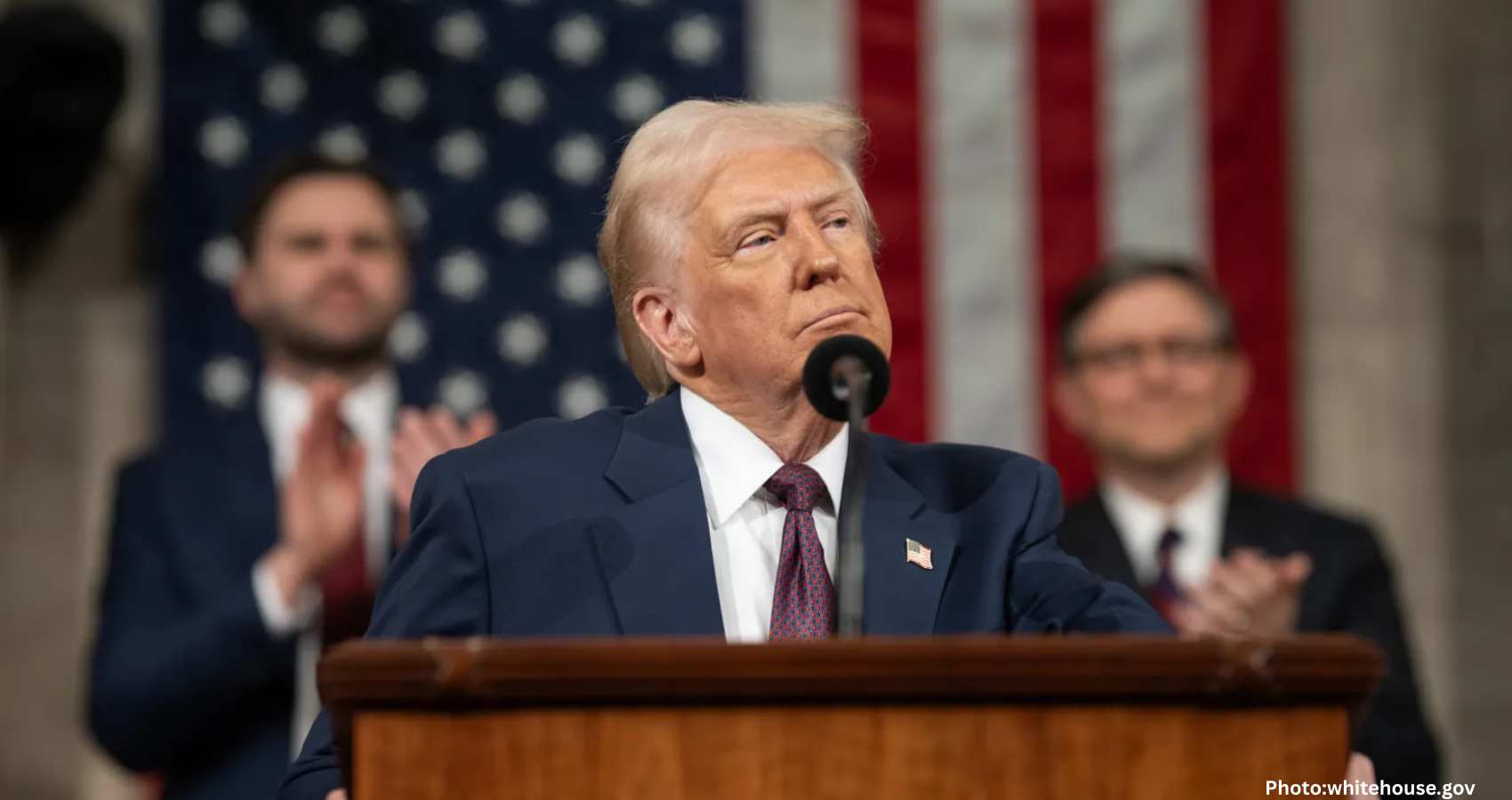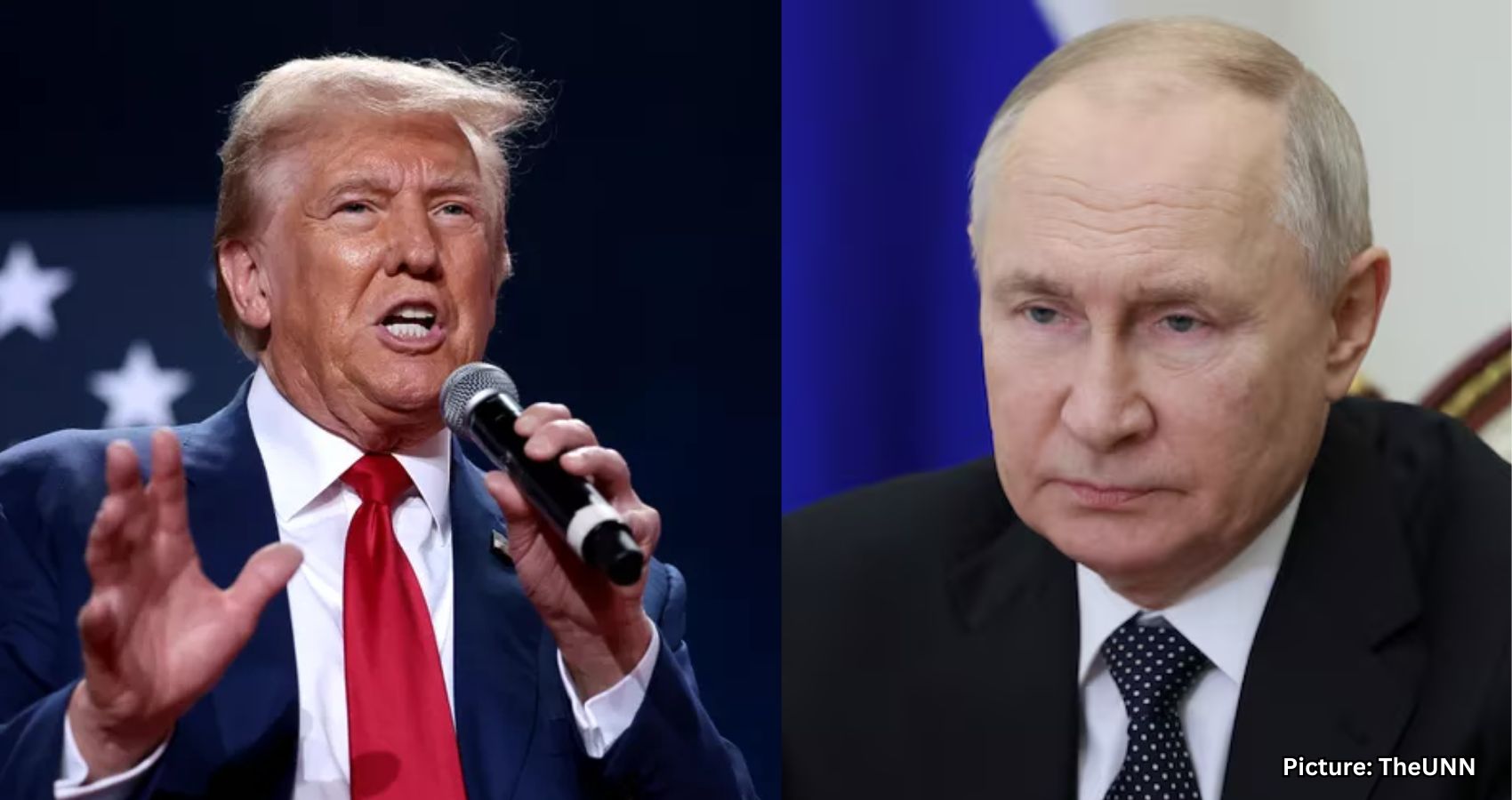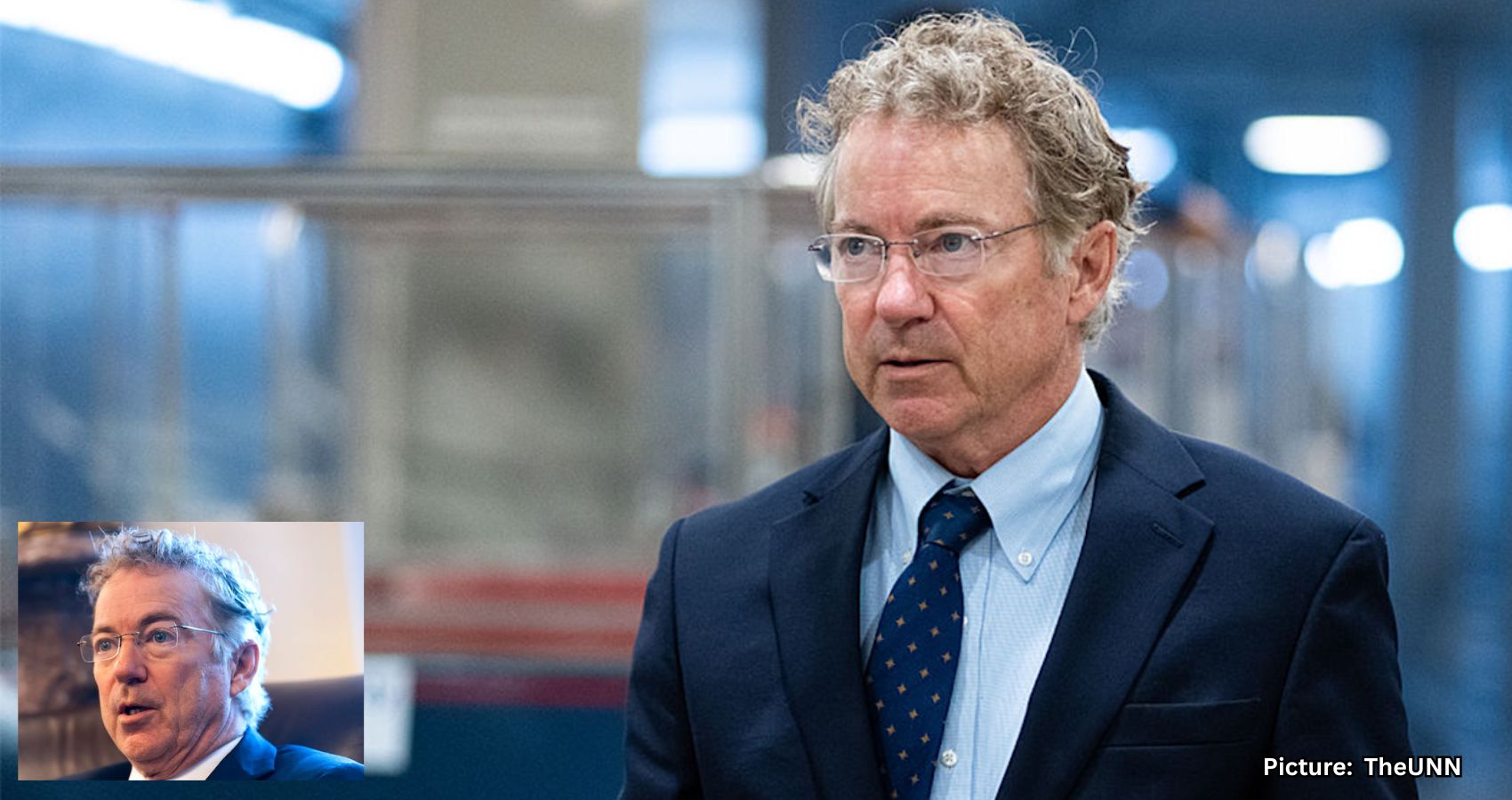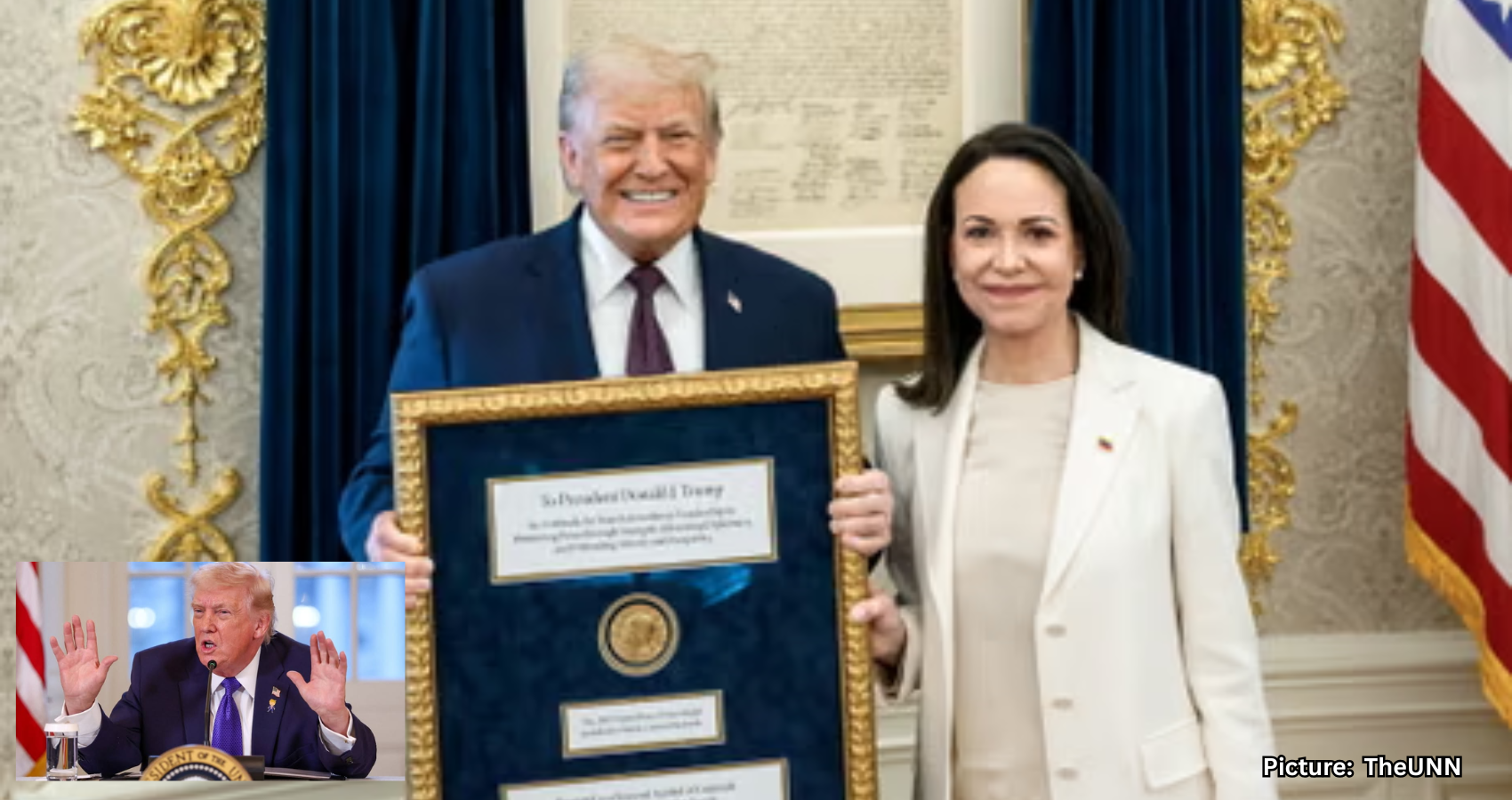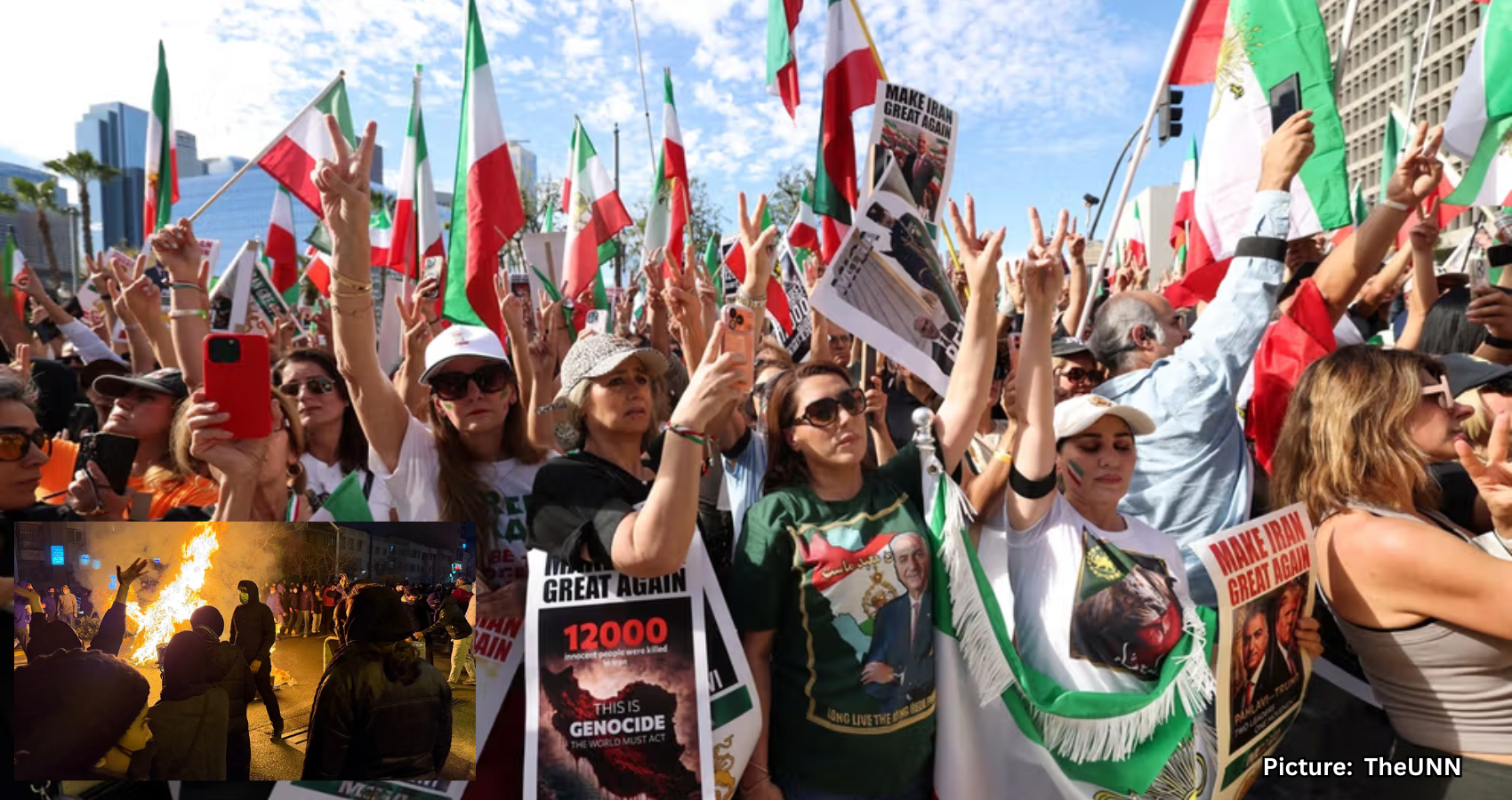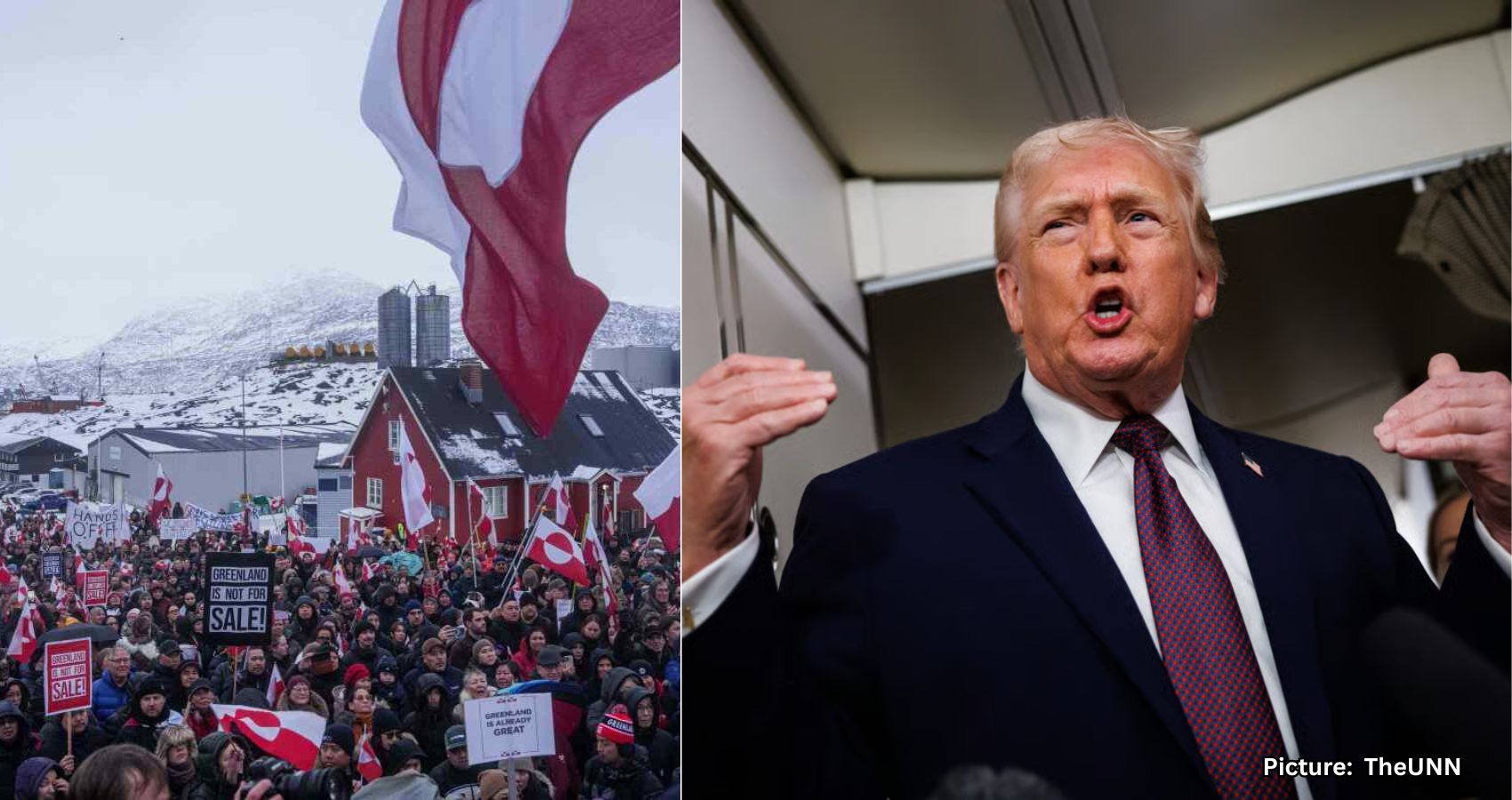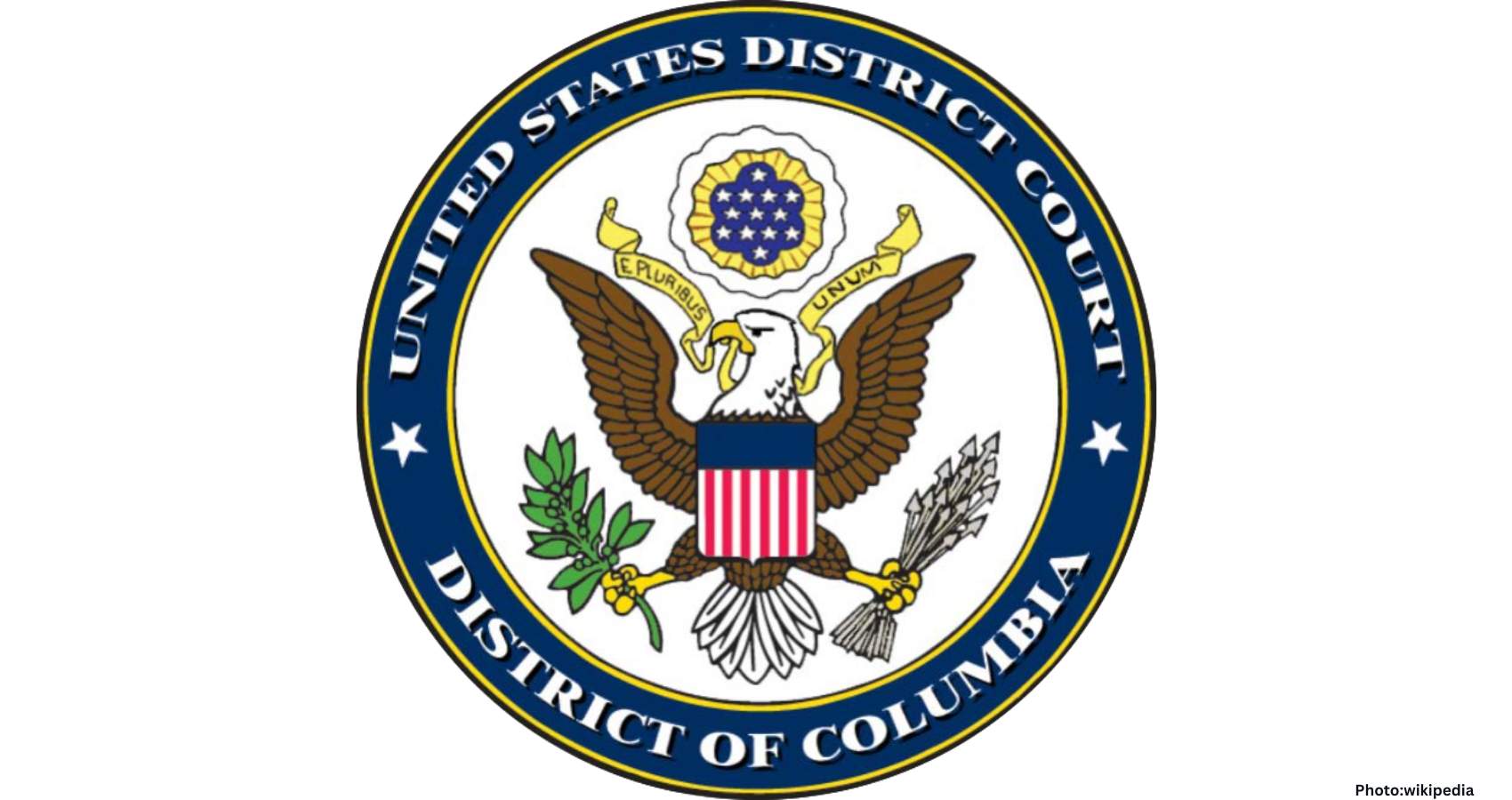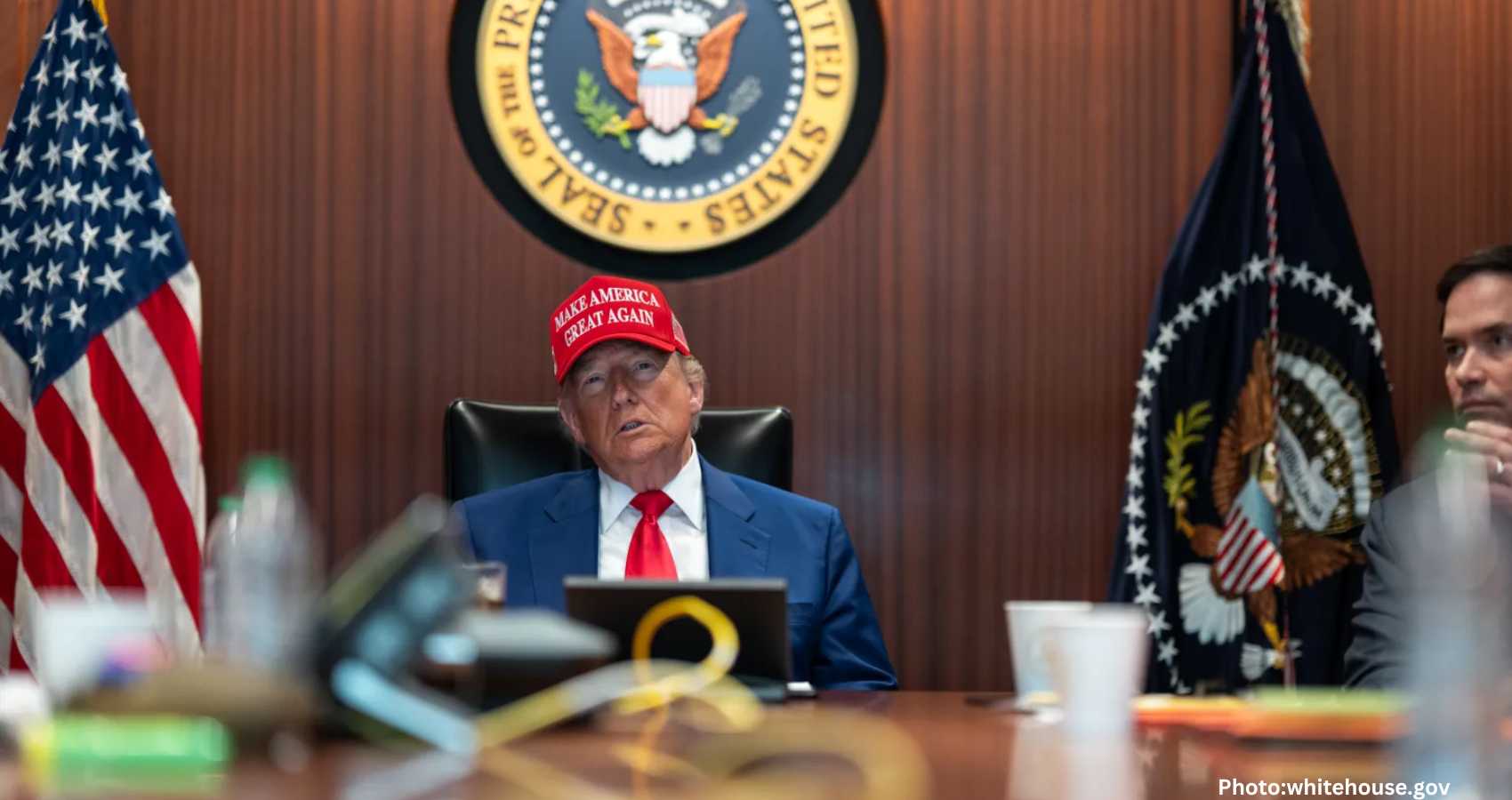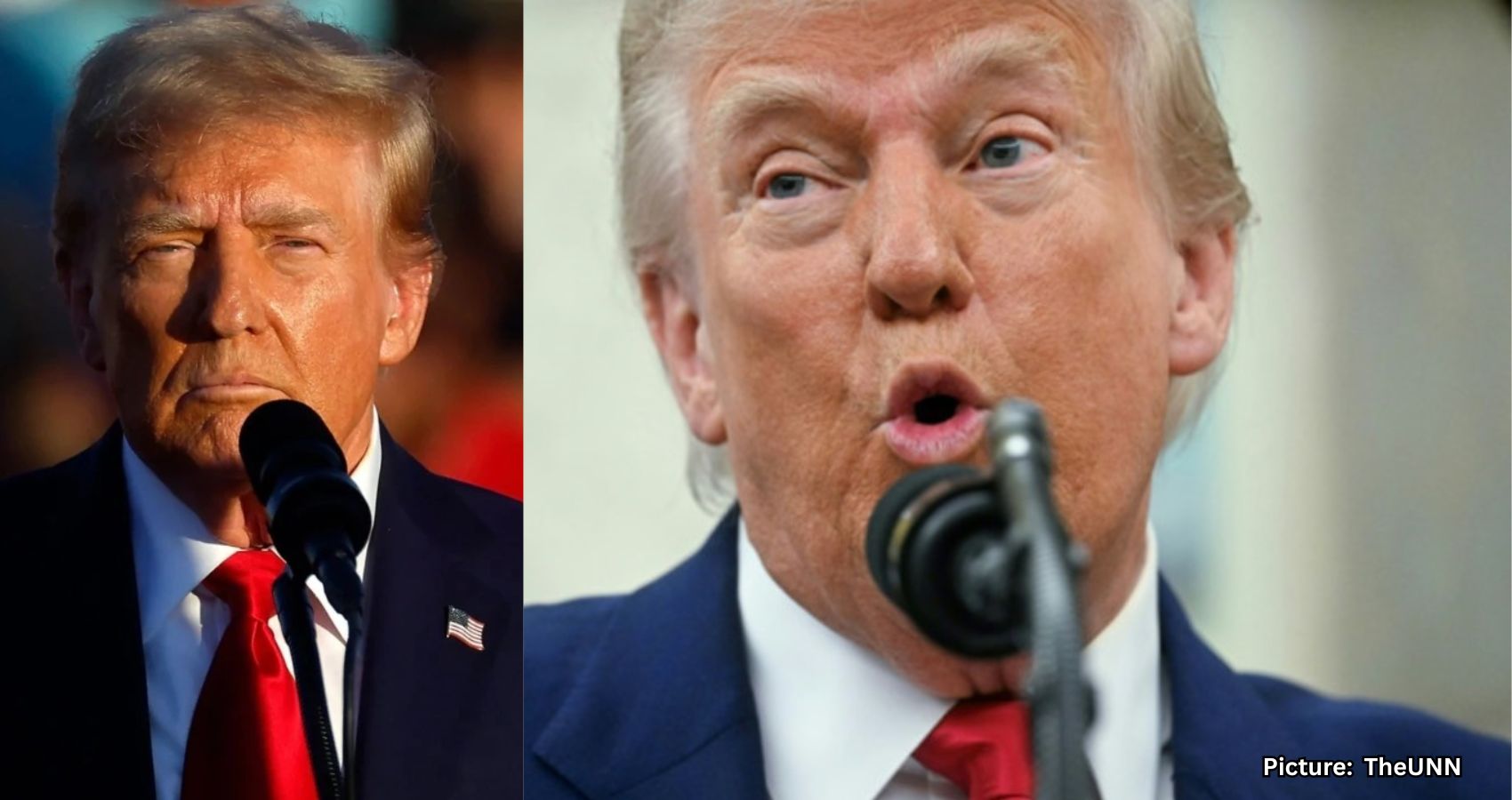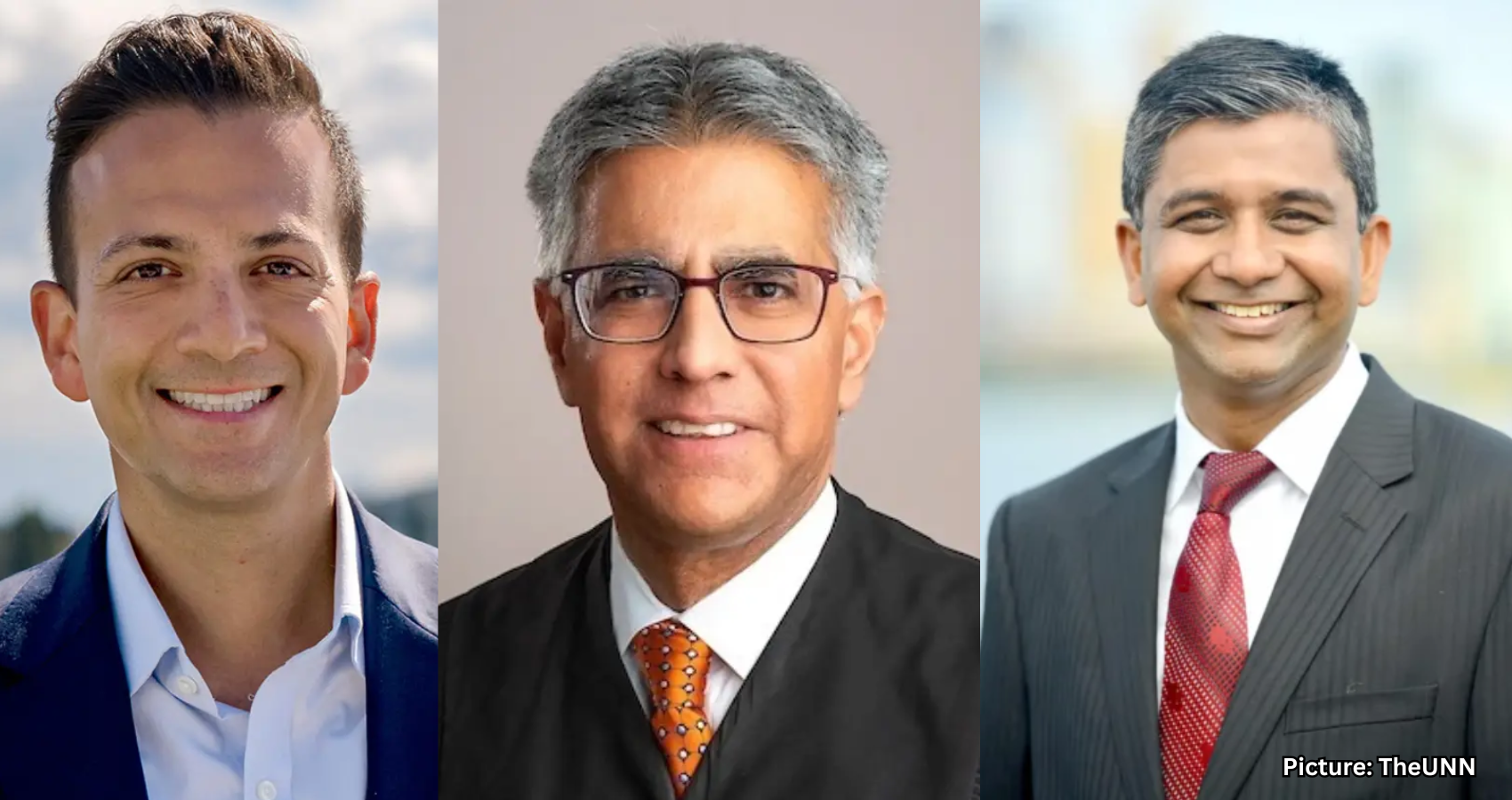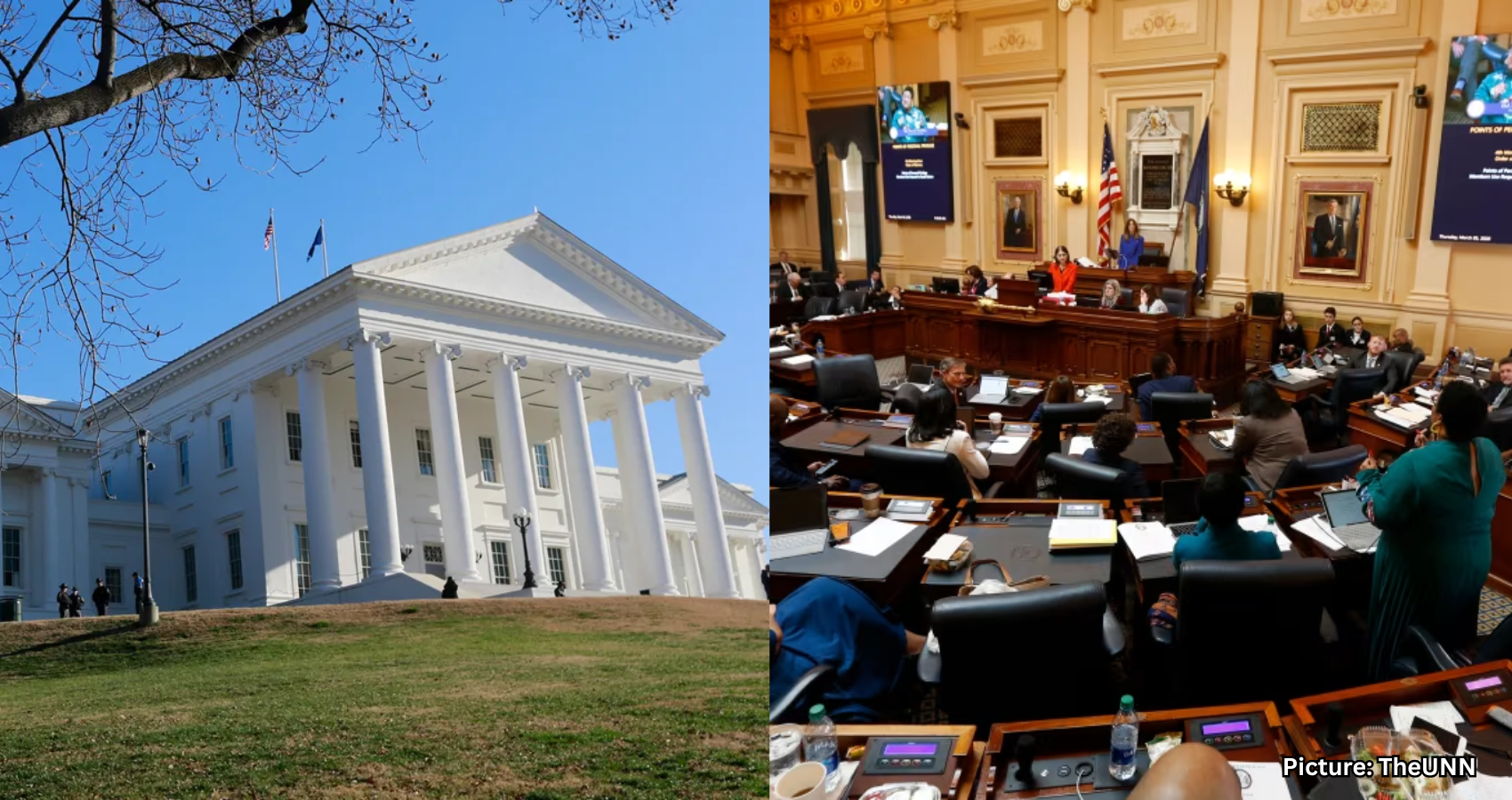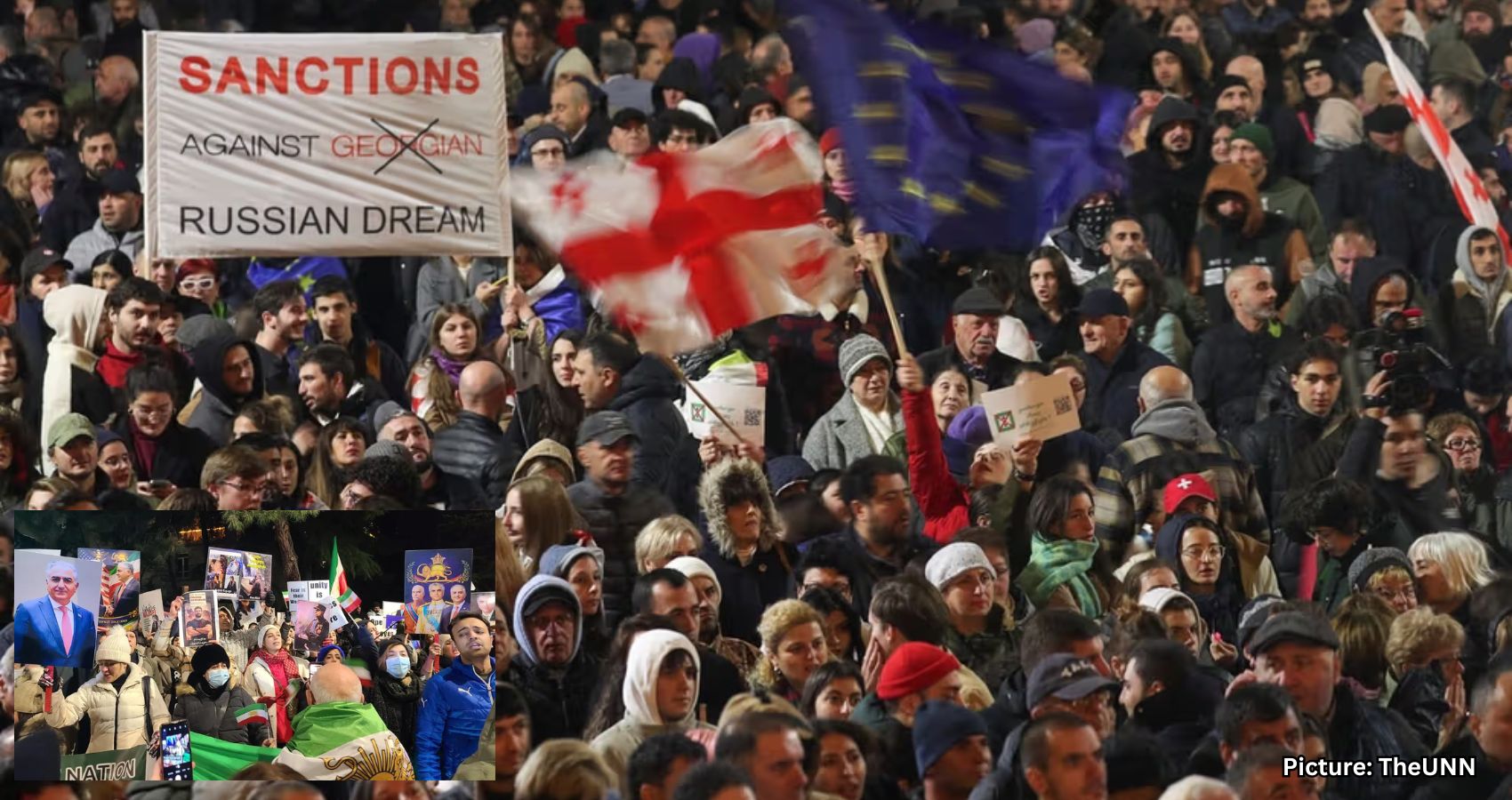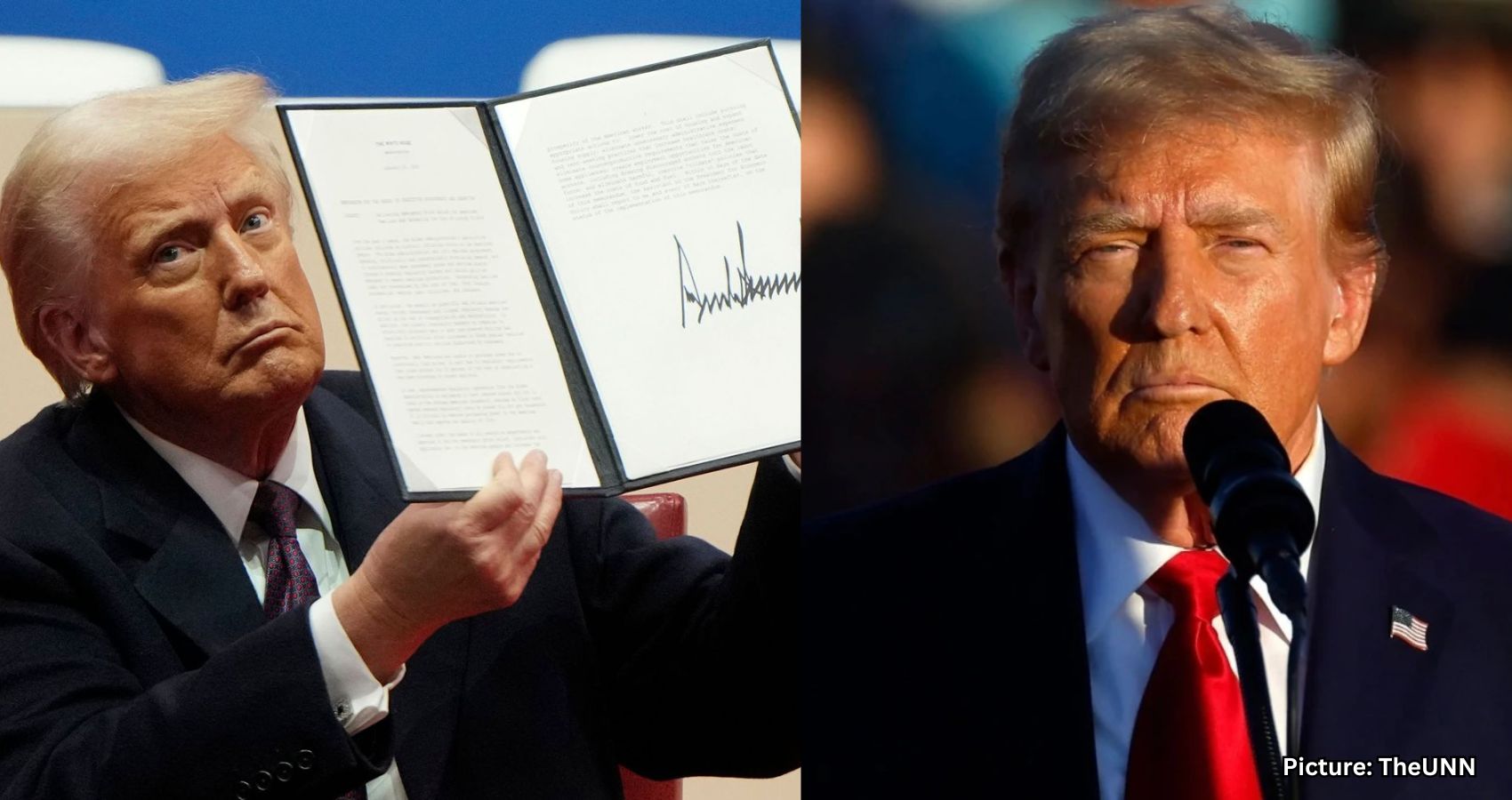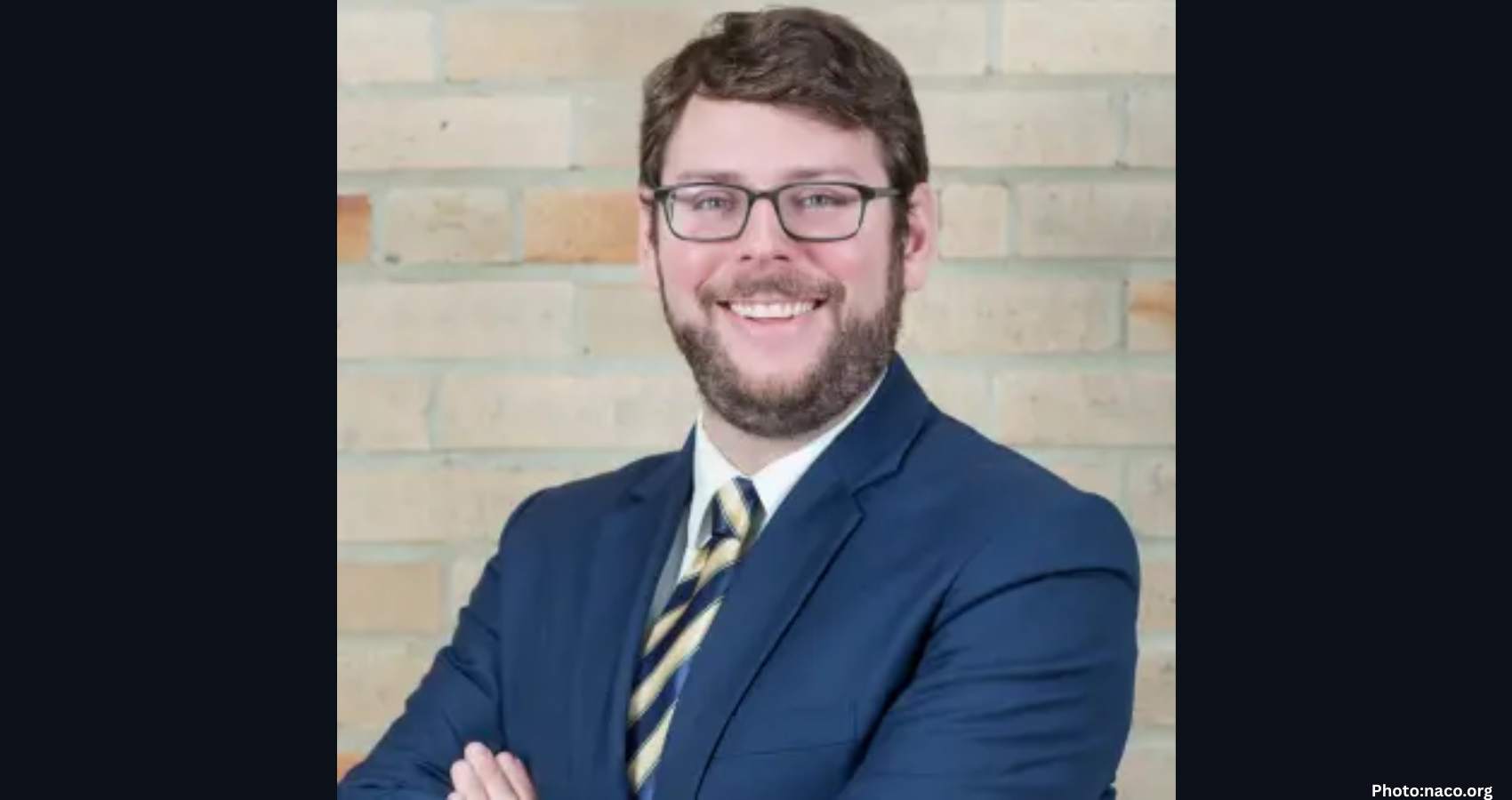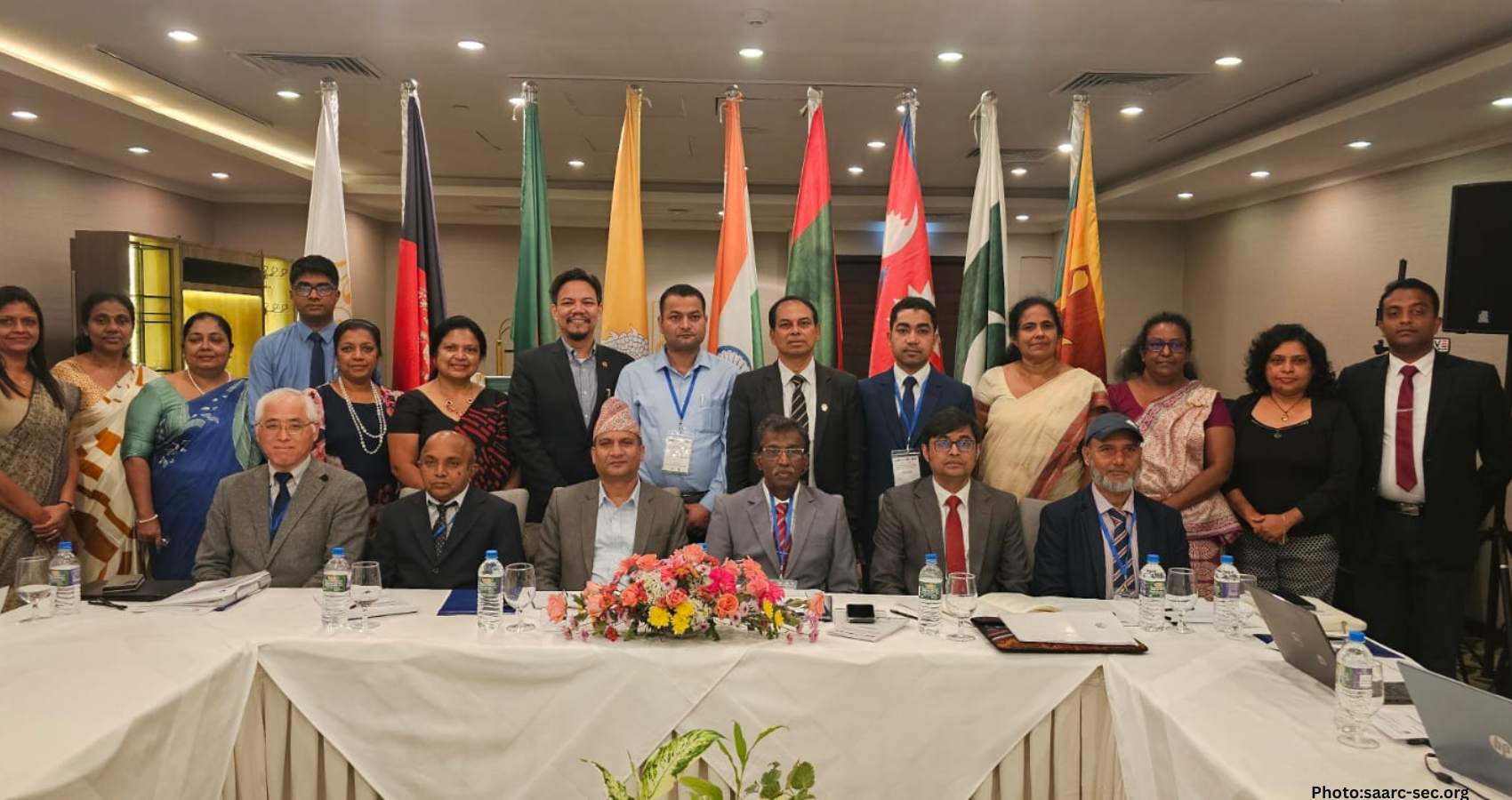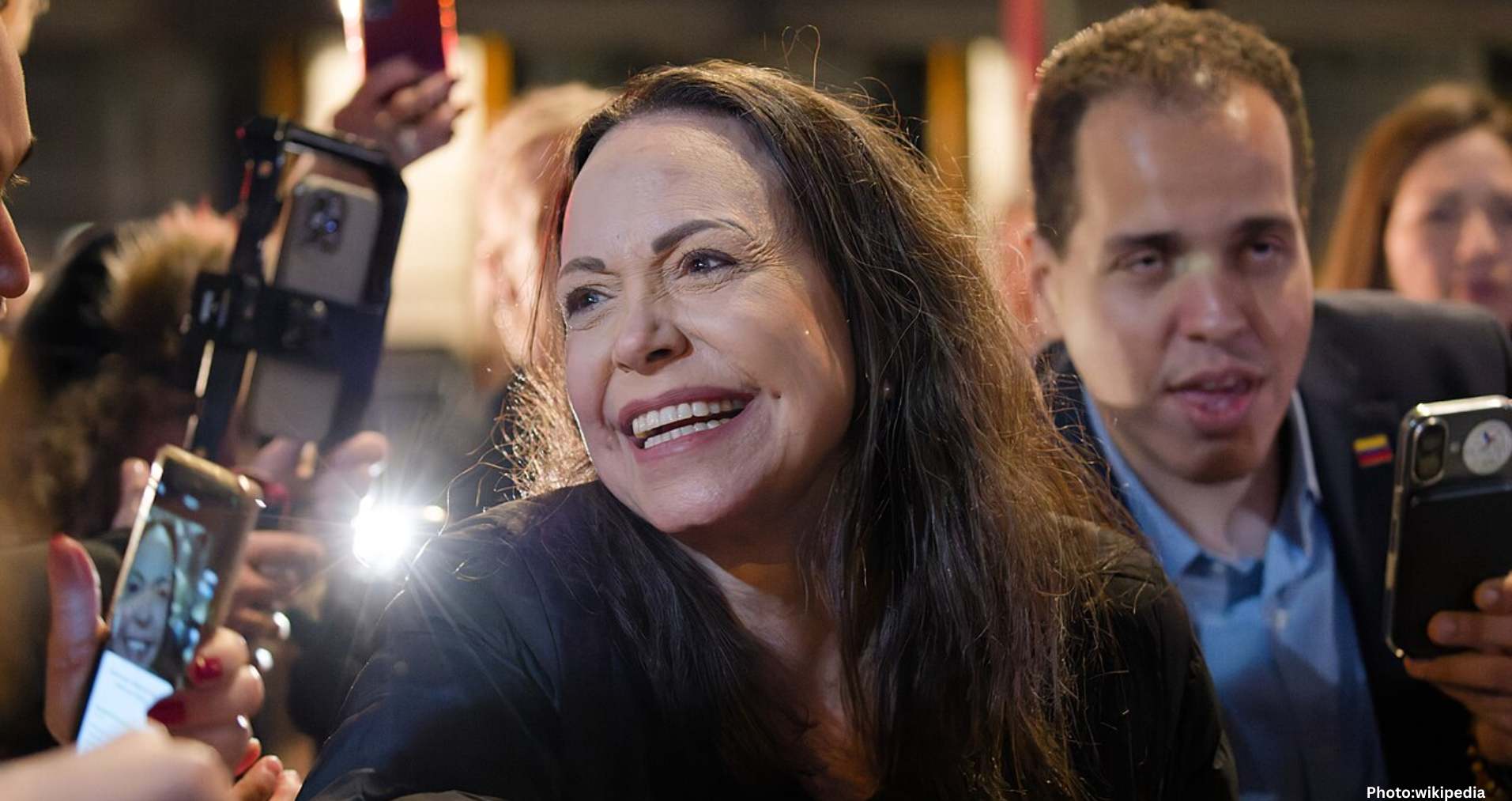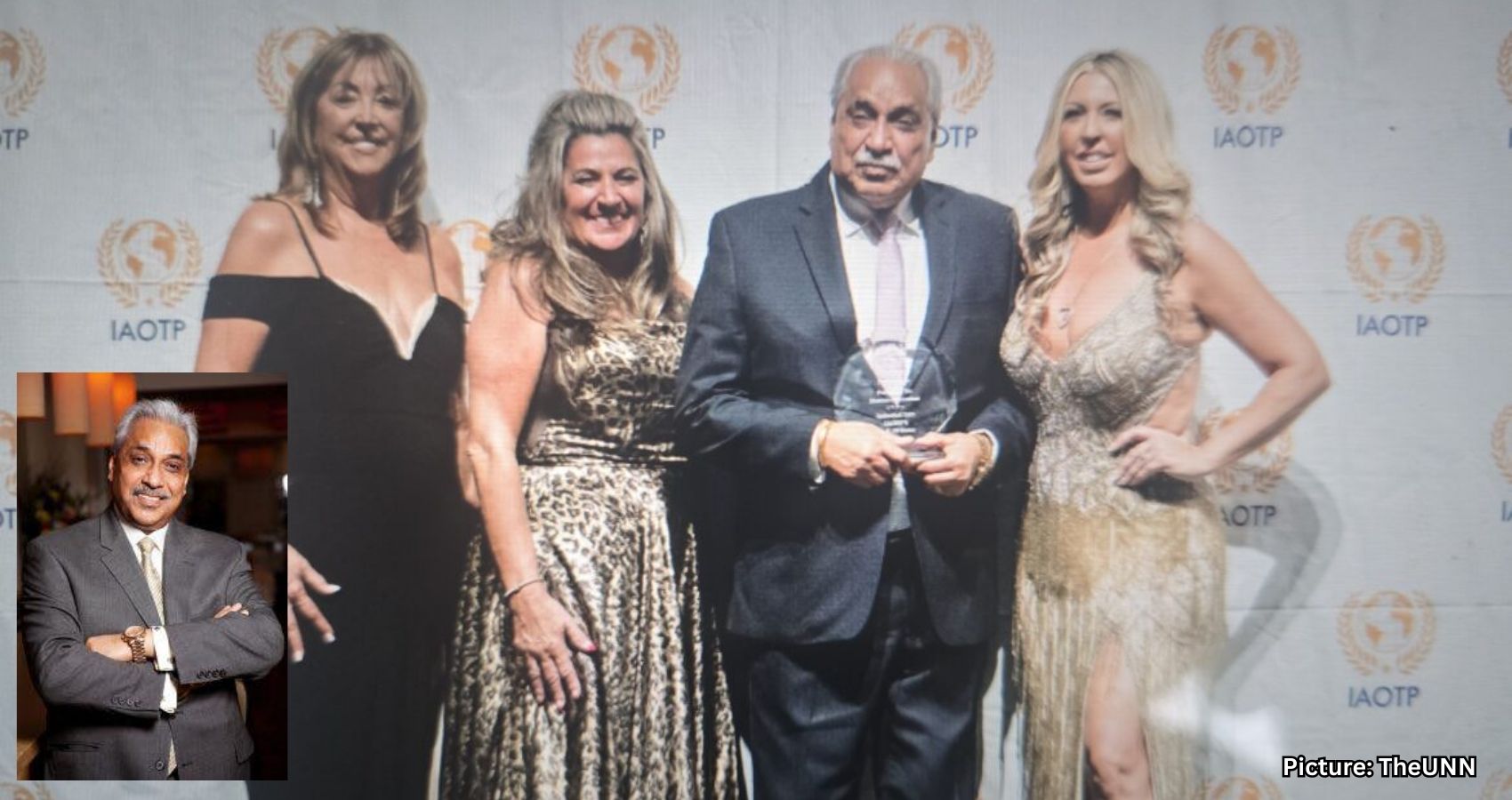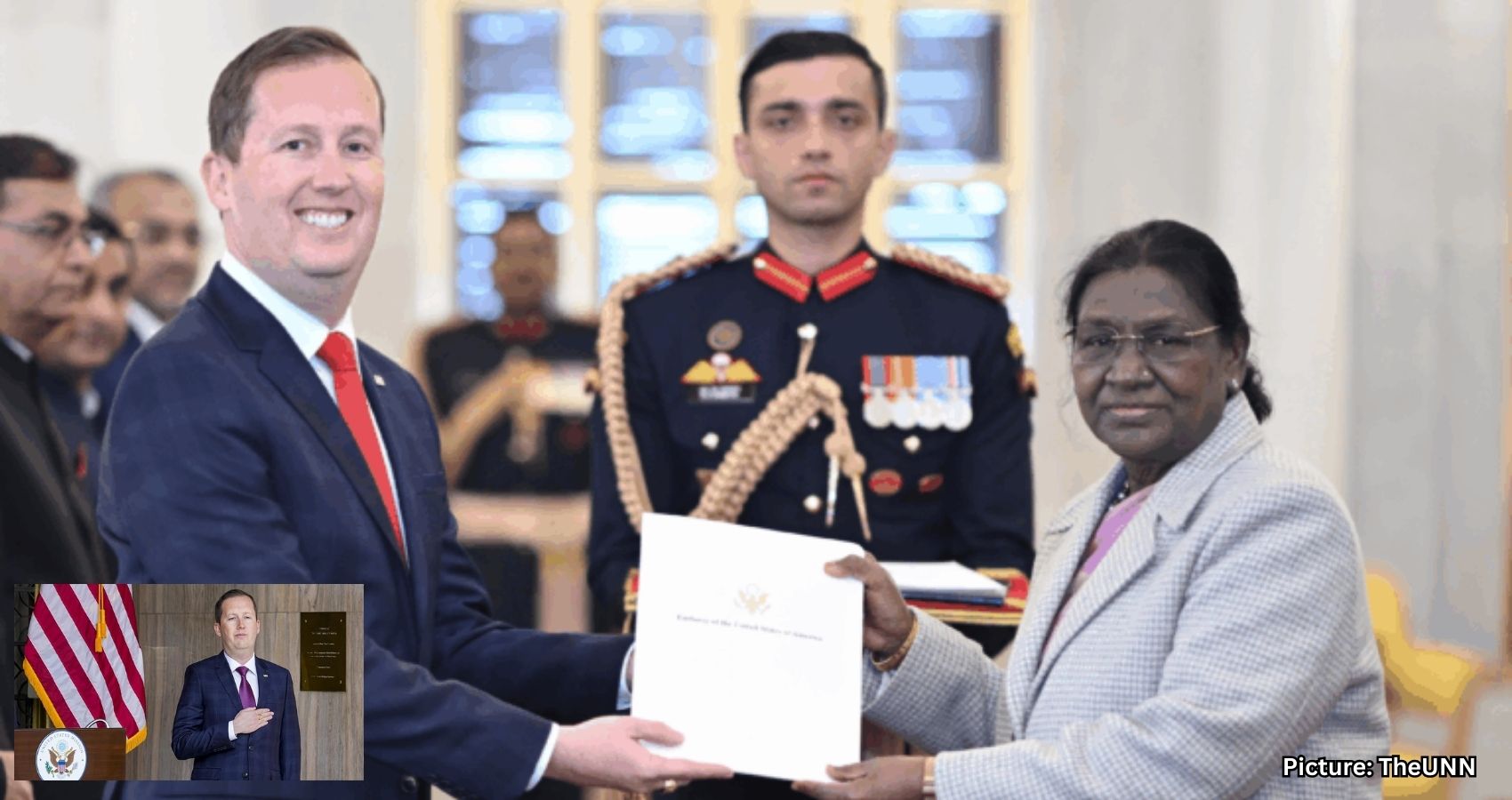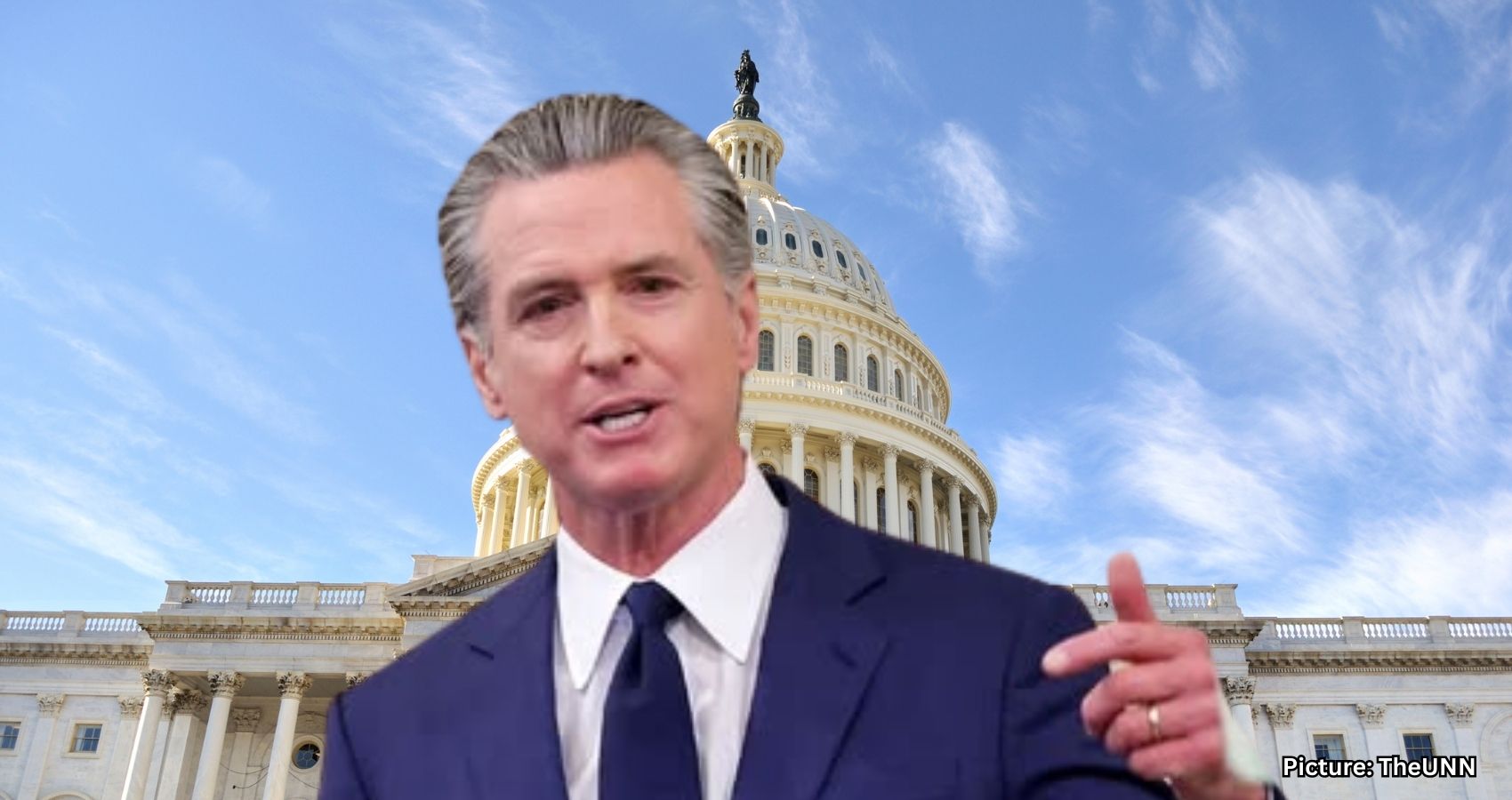Martin Luther King Jr.’s strategy of disciplined nonviolence serves as a lens through which to examine today’s affordability crises in housing, healthcare, and food, framed by the principles of game theory.
A recent analysis highlights the relevance of game theory in understanding Martin Luther King Jr.’s approach to social change, particularly his commitment to disciplined nonviolence. This strategy was not merely a moral stance but a calculated effort to escape destructive social equilibria, such as the well-known Prisoner’s Dilemma. The insights drawn from this analysis can also illuminate the ongoing affordability crisis affecting housing, healthcare, and food.
The Prisoner’s Dilemma, a concept that has persisted for over seventy years, illustrates a paradox where rational individuals, acting independently and in good faith, can inadvertently create outcomes that are detrimental to all involved. This dilemma is particularly relevant today as we grapple with rising costs in essential areas of life. King recognized that the essence of the Prisoner’s Dilemma lies in the fact that when individuals act solely out of self-interest, the status quo remains unchanged. However, when expectations shift, cooperation becomes feasible.
By consistently demonstrating restraint and trust, King altered how others perceived risk and reward. This lesson resonates today, as millions struggle with the high costs of healthcare, housing, and food. In this contemporary scenario, the “prisoners” are not abstract figures but rather all of us—consumers, patients, workers, employers, insurers, providers, developers, lenders, and policymakers. Each group makes rational, self-protective decisions within their own confines, yet collectively sustains a system that renders basic necessities increasingly unaffordable.
The formal structure of the Prisoner’s Dilemma was developed in 1950 by mathematicians Merrill Flood and Melvin Dresher at the RAND Corporation and later framed by philosopher Albert W. Tucker. In its original form, two prisoners are interrogated separately and offered incentives to betray one another. Each prisoner faces a choice that minimizes their own punishment if the other defects. However, when both choose to defect, the outcome is worse for each than if they had cooperated. Game theorists quickly recognized that this model is not merely about crime; it reflects coordination failures in scenarios where cooperation could yield better results.
Interestingly, the architects of the Prisoner’s Dilemma may not have fully grasped the dynamics of actual prisons. In reality, the central choice of whether to cooperate or betray often does not exist as the theory suggests. Inside prison walls, there is an unwritten code: silence is expected, and betrayal carries consequences that extend far beyond the immediate transaction. The mantra is simple: “stay in your lane,” as those who “snitch” face dire repercussions. Thus, the dilemma in prison is not about cooperation but about living with the long-term social costs of defection.
The true insight of the theory lies not in the actions of prisoners but in how individuals and institutions behave when isolated from one another, stripped of shared context, and guided by incentives that favor self-protection over collective benefit. This distinction is crucial because it exposes a flaw in how we often apply economic and policy models. In many respects, we all inhabit our own cells.
Game theory assumes that individuals make rational choices in isolation. However, in real life, decisions are made within social systems. Ironically, it is modern institutions—rather than individuals in prison—that often resemble the prisoners in the theoretical model, making critical decisions within narrow incentive structures, disconnected from the broader consequences of their choices.
If these vacuums did not exist, insurers, physicians, hospitals, pharmacy benefit managers, and patients would not be working at cross purposes. They would be aligned around a common goal: delivering high-quality, cost-efficient care that benefits the system as a whole, rather than optimizing narrow outcomes that ultimately undermine it.
Healthcare exemplifies this complexity. A recent analysis indicates that hospitals feel compelled to invest in expensive technologies, such as surgical robots, not necessarily because they improve outcomes or lower costs, but to avoid losing physicians to competing institutions. This focus on hospitals, however, oversimplifies the multi-player dilemma inherent in the healthcare affordability crisis, which involves hospitals, physicians, insurers, employers, and patients, all responding rationally to misaligned incentives.
Hospitals invest in costly infrastructure to signal capability and competitiveness. Physicians gravitate toward institutions with advanced technology, higher compensation, or greater procedural volume, even when lower-cost settings might provide comparable care. Insurers create narrow networks and administrative controls to manage utilization, shifting burdens onto clinicians and patients. Employers, who finance much of private insurance in the United States, prioritize predictable premiums over long-term investments in population health.
Consumers, often the least powerful and informed participants, are drawn into this game. Faced with rising premiums, deductibles, and out-of-pocket costs, patients may delay care, skip medications, or avoid preventive visits to protect their immediate finances. While these choices are rational in isolation, collectively they lead to worse health outcomes and higher downstream costs—more emergency visits, more hospitalizations, and more expensive interventions—ultimately reinforcing the very affordability crisis consumers are trying to escape.
These choices contribute to rising costs, increased paperwork, clinician burnout, and widening access gaps, particularly in rural and underserved communities, without clear improvements in health outcomes. Cooperation—achieved through aligned payment models, shared standards, and value-based care—makes sense in theory but feels risky for any single player to pursue alone.
The same logic applies to the food system, where affordability and nutrition are increasingly at odds. A revised food pyramid emphasizes nutrient-dense foods, such as red meat and healthy fats, over grain-heavy, low-fat diets. While this shift is defensible from a metabolic standpoint, it presents an economic dilemma. These healthier foods are often the most expensive items in grocery stores, and adhering to this guidance could significantly increase household food spending, making it unaffordable for many families already under financial strain.
Farmers respond to subsidy structures and commodity markets by prioritizing crops optimized for yield and price stability rather than nutritional value. Food manufacturers compete on cost and shelf life, while retailers squeeze margins and wages. Consumers are urged to eat healthier while navigating a system that makes nutritious choices the least affordable. Consequently, many opt for cheaper, calorie-dense processed foods to stretch their limited budgets, even though these choices contribute to higher rates of obesity, diabetes, and long-term healthcare costs, ultimately making the system more expensive for everyone.
In housing, the situation is similarly dire, particularly for Gen Z, who increasingly find themselves locked out of homeownership. Developers pursue high-margin luxury projects, investors treat housing as a financial asset rather than a basic need, and local governments approve projects that maximize tax revenue while minimizing fiscal risk. Each of these decisions makes sense individually, yet collectively they result in a housing market characterized by a shortage of affordable units, rising rents, and delayed household formation.
For Gen Z, this is not merely an abstract model but a lived reality, as the rational choice often becomes to continue renting, delay family formation, or move farther from job centers to manage costs. They are not locked out due to poor decisions but because the system rewards defection at every level. Cooperation—through zoning reform, affordability mandates, and coordinated public-private investment—could reduce long-term social costs, yet remains fragile because no single actor can trust others to take the first step.
Across healthcare, food, and housing, the Prisoner’s Dilemma reveals a consistent pattern. Affordability crises persist not because individuals or institutions are malicious, but because they operate within systems that incentivize short-term self-interest and penalize cooperation. The most significant insight from the dilemma is not about betrayal but about perspective. We are all prisoners of the incentive structures that govern our lives, making decisions in isolation, guided by narrow definitions of risk and reward.
Recognizing this reality does not solve the problem but reframes it. Affordability is not merely a pricing issue; it is fundamentally a coordination problem. Until our systems are structured so that cooperation is safer than defection, we will continue to reproduce outcomes that no one truly desires, remaining imprisoned by the very structures we inhabit. Just as King shifted a broken equilibrium by fostering trust and coordinated action, addressing today’s affordability crises will require creating rules and incentives that make collaboration the rational choice for all.
According to The Wall Street Journal, understanding these dynamics is essential for creating effective solutions to the pressing issues we face today.



